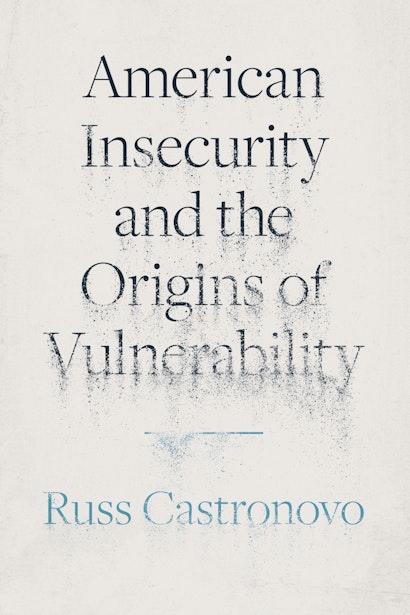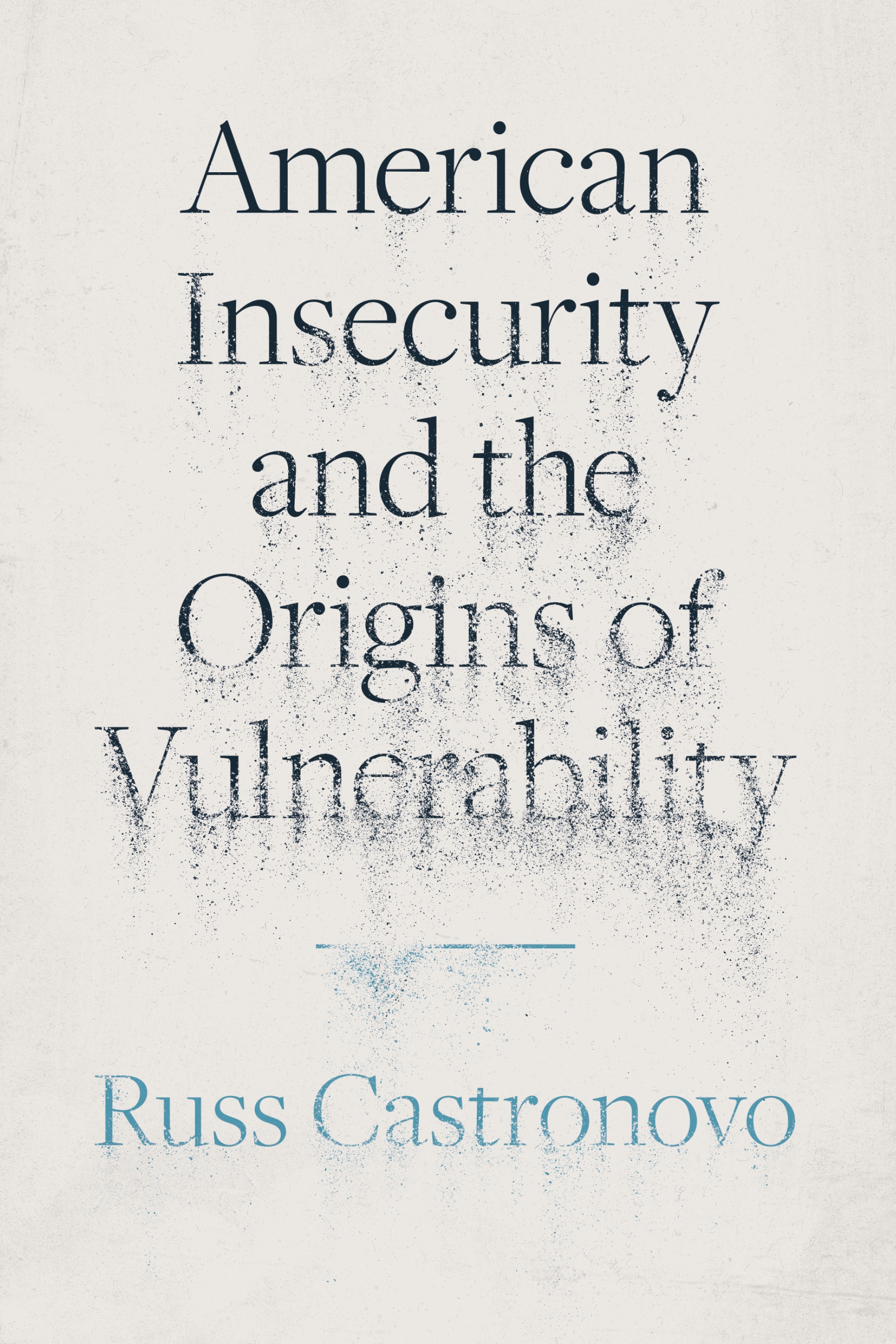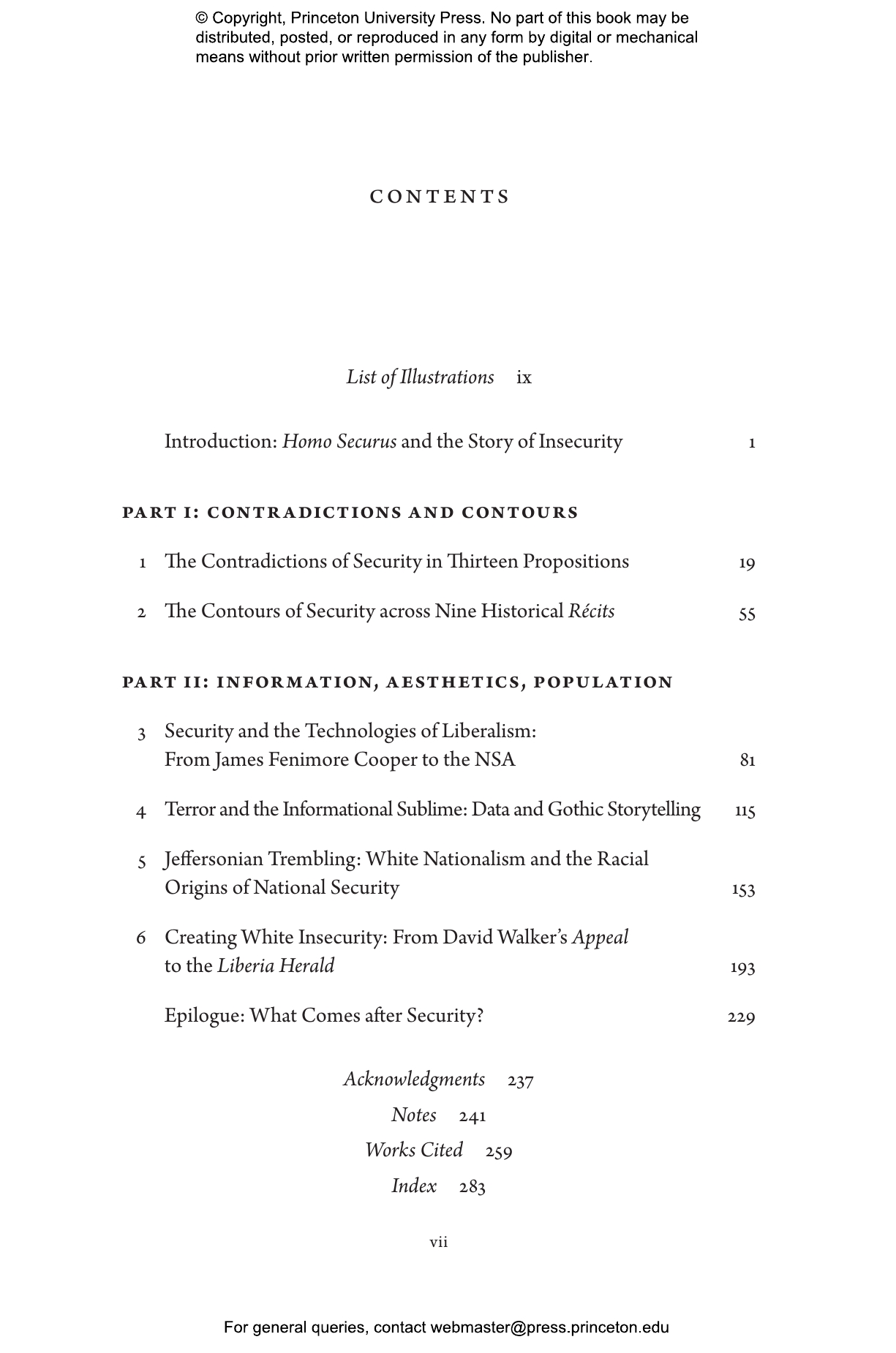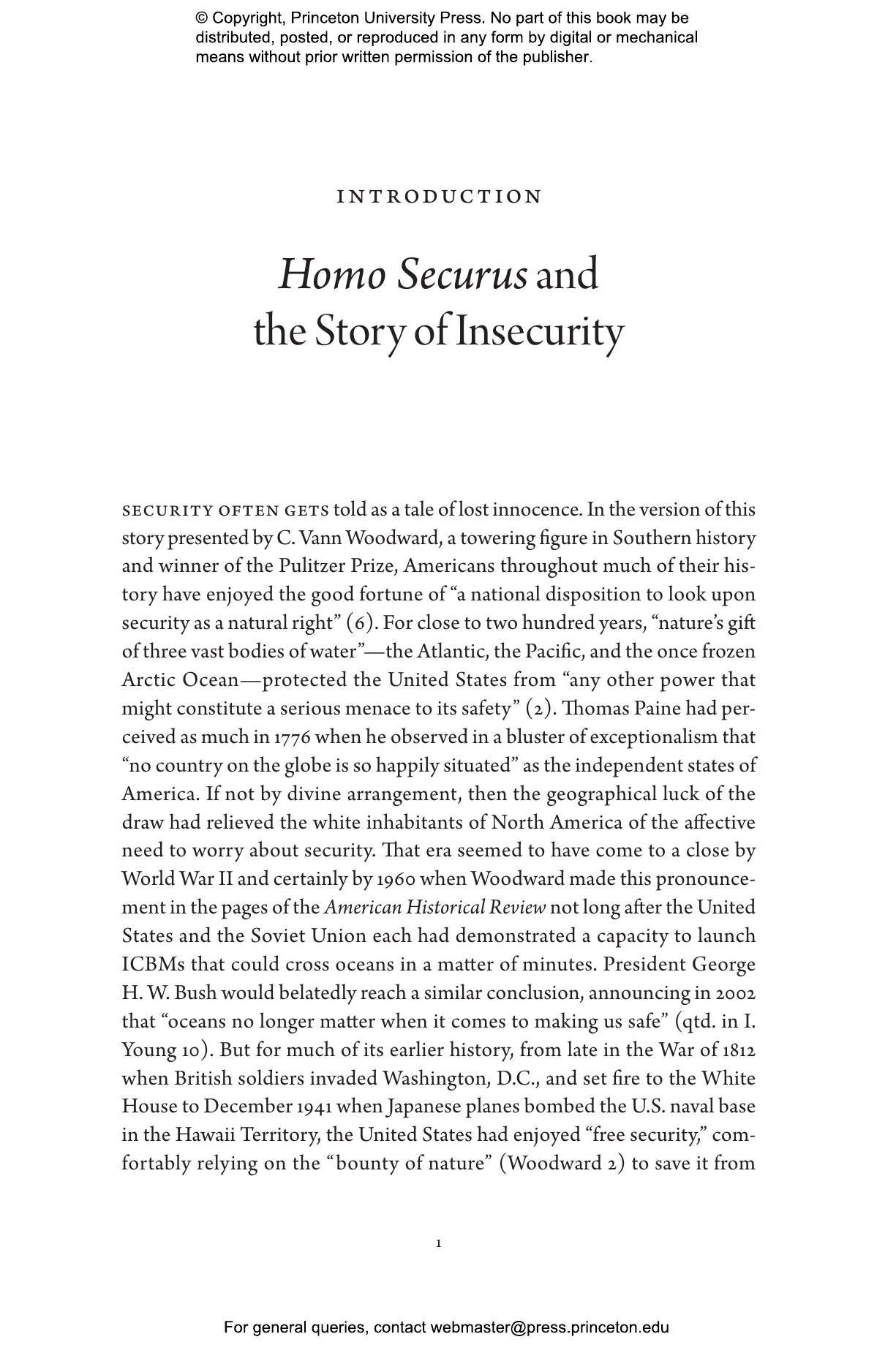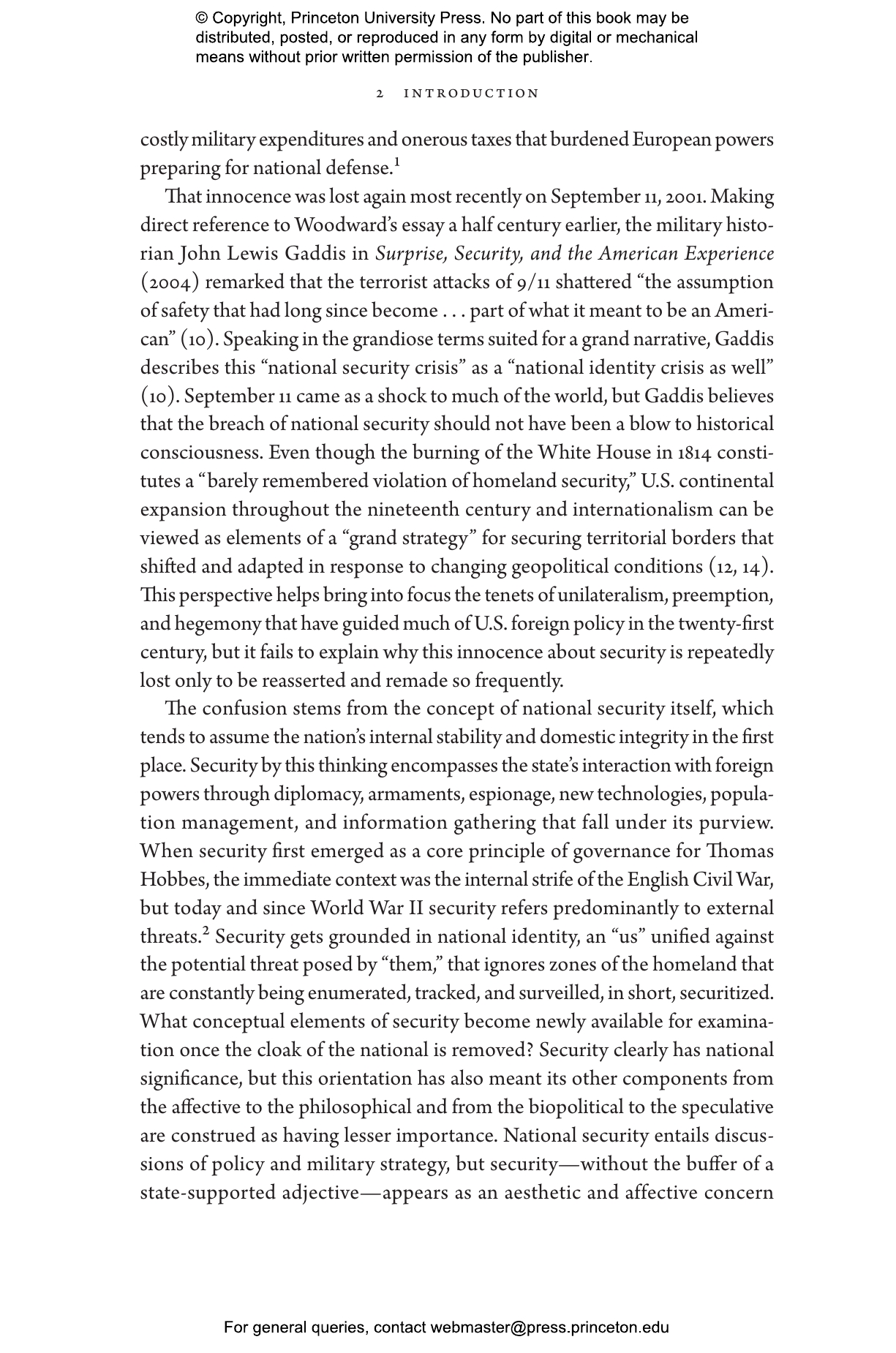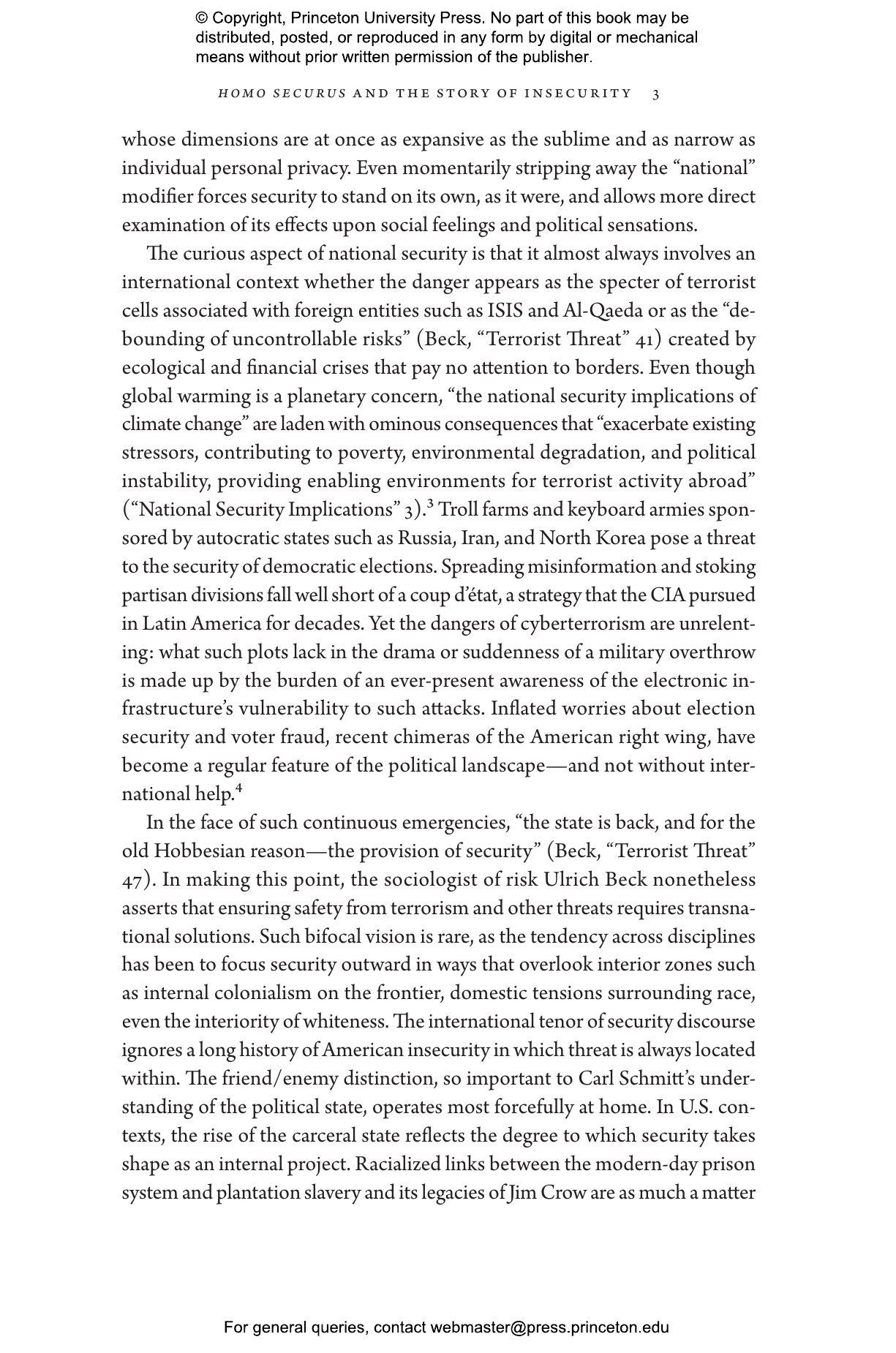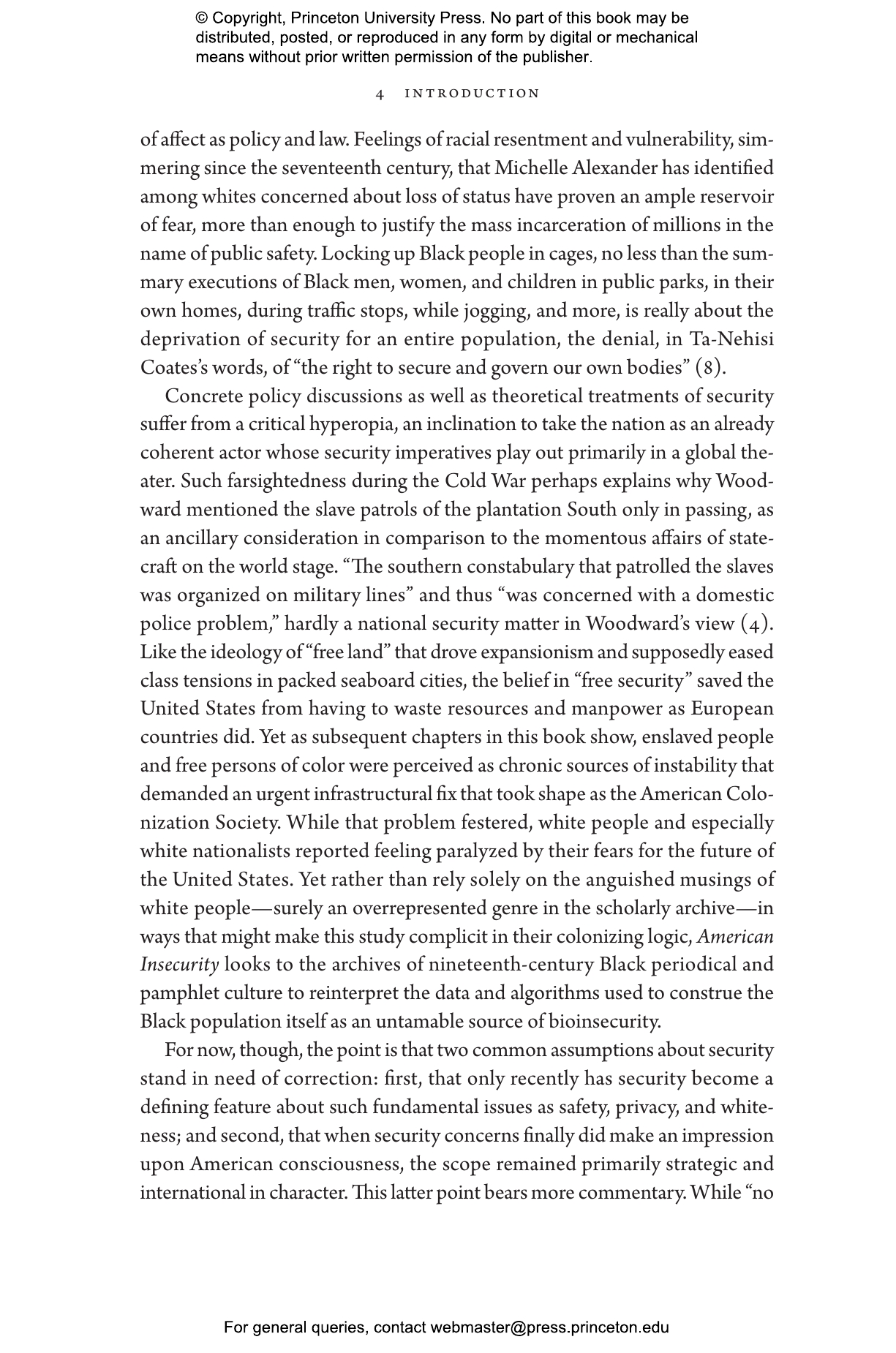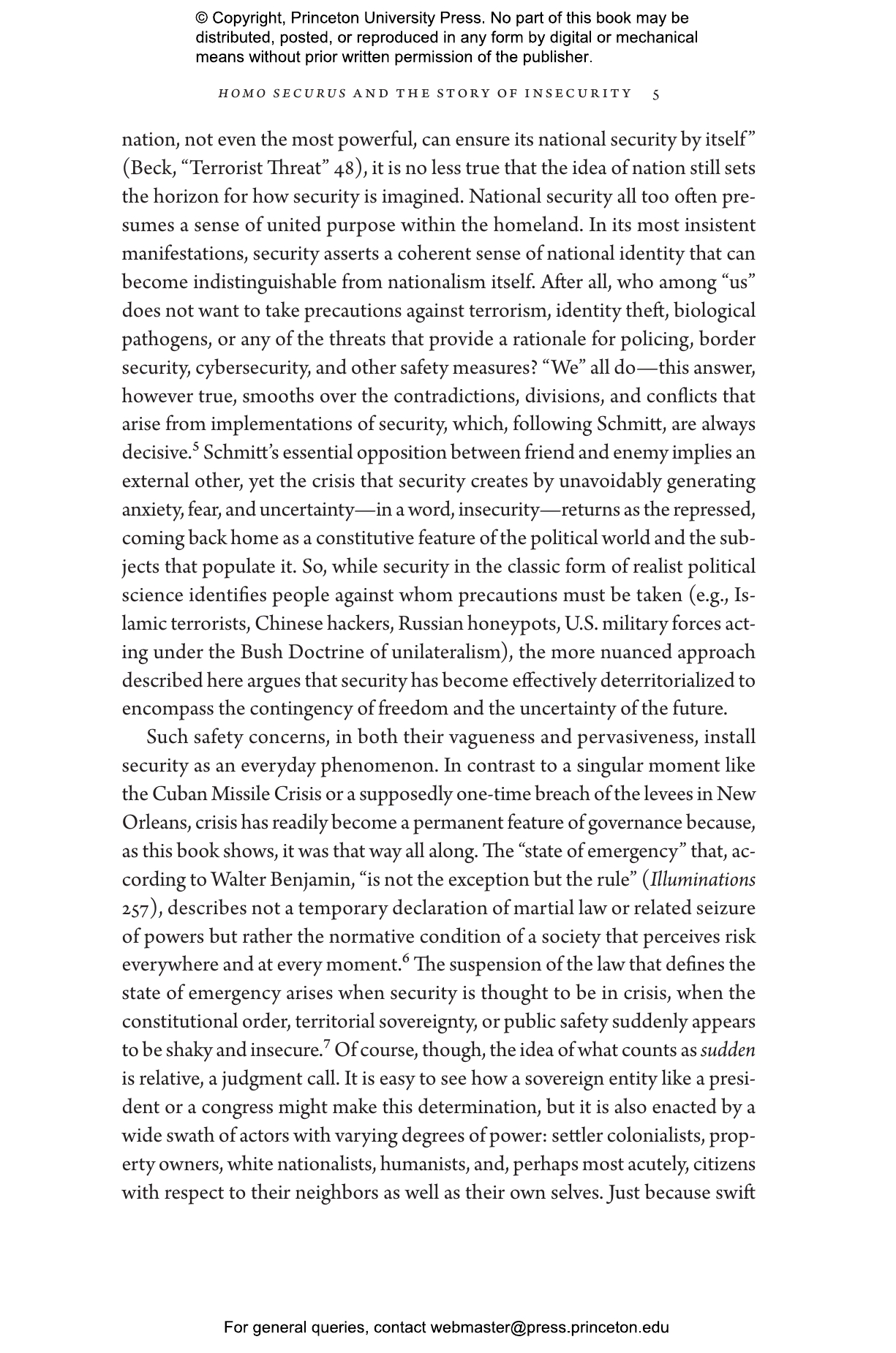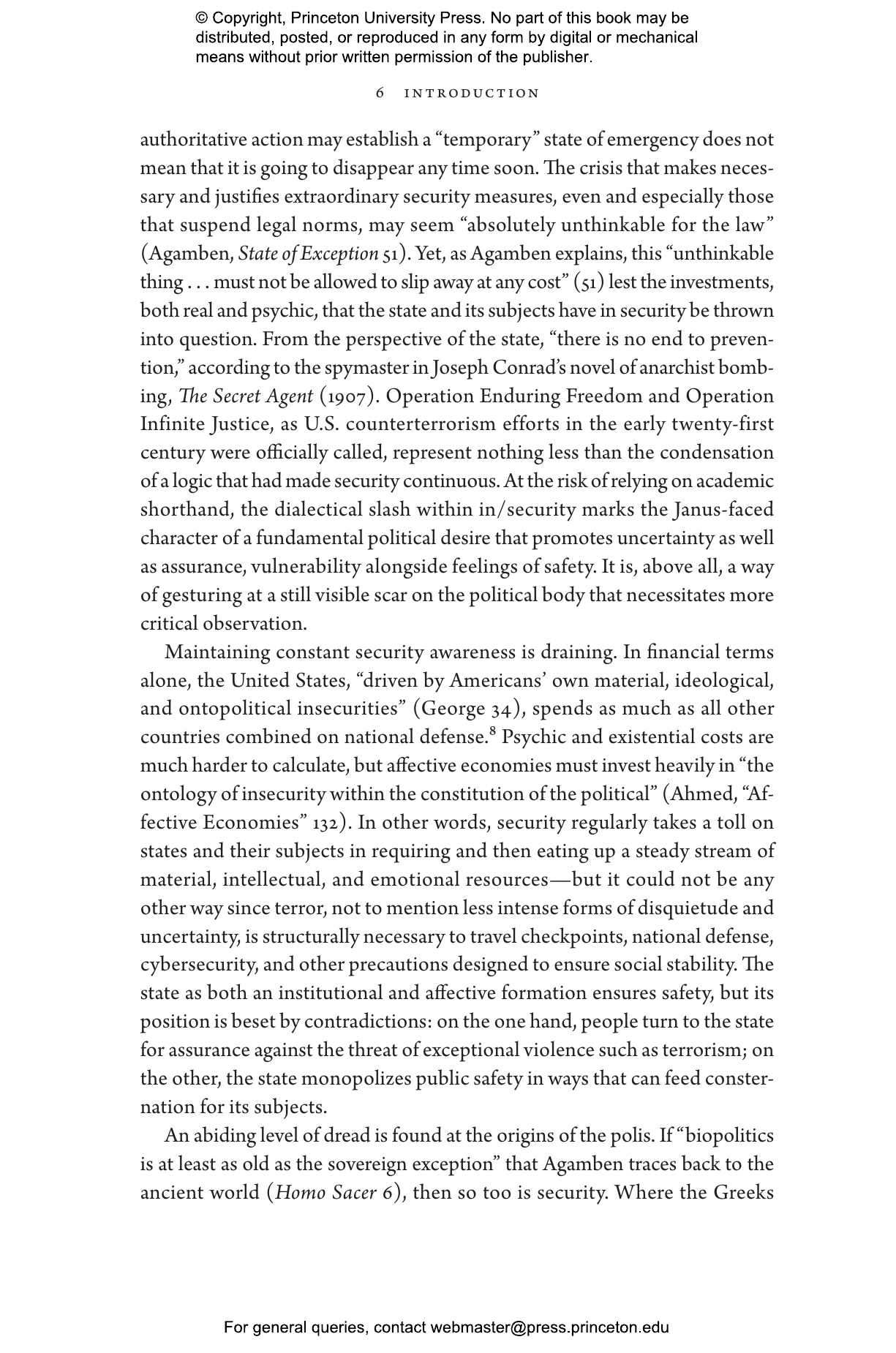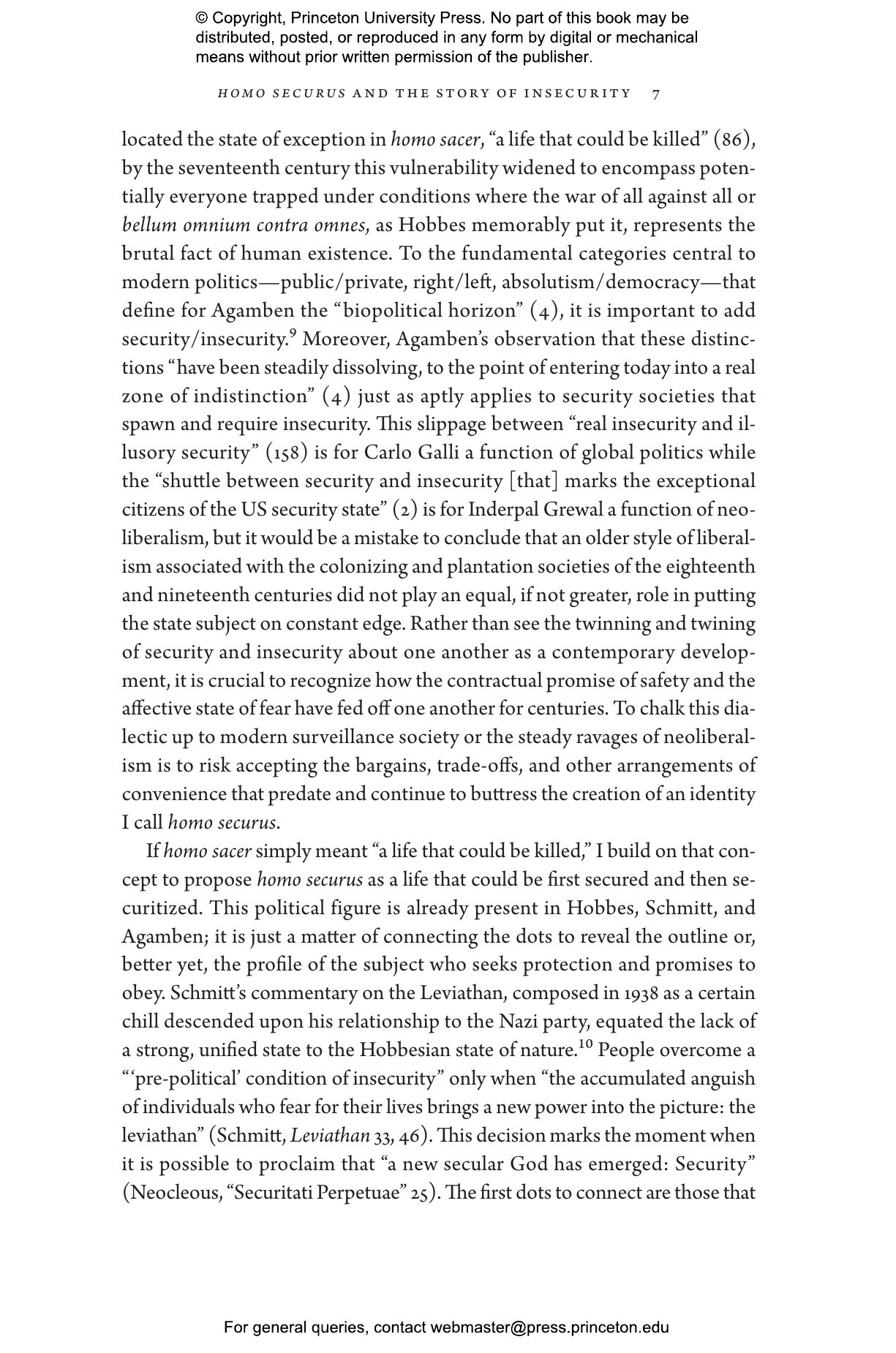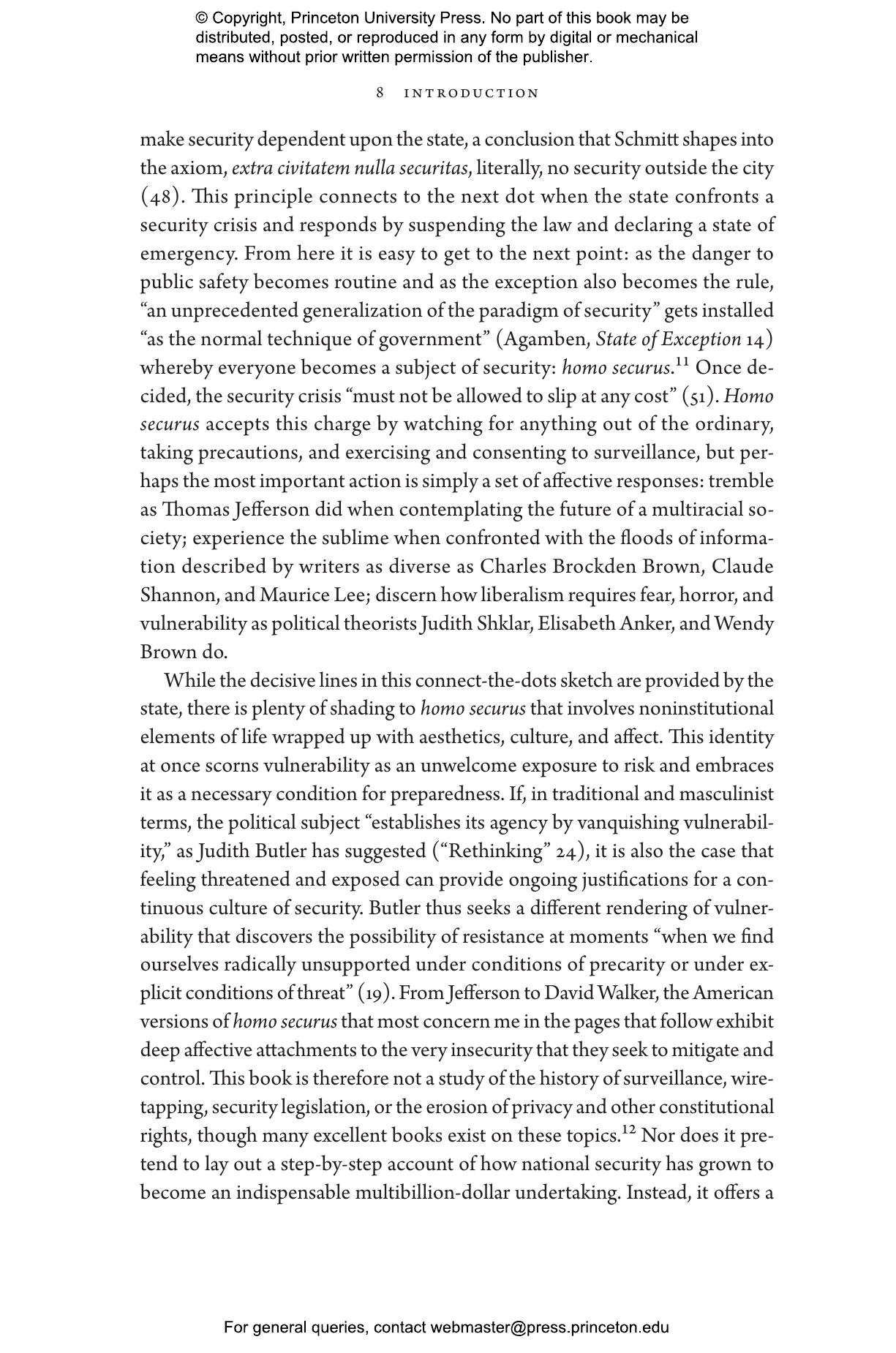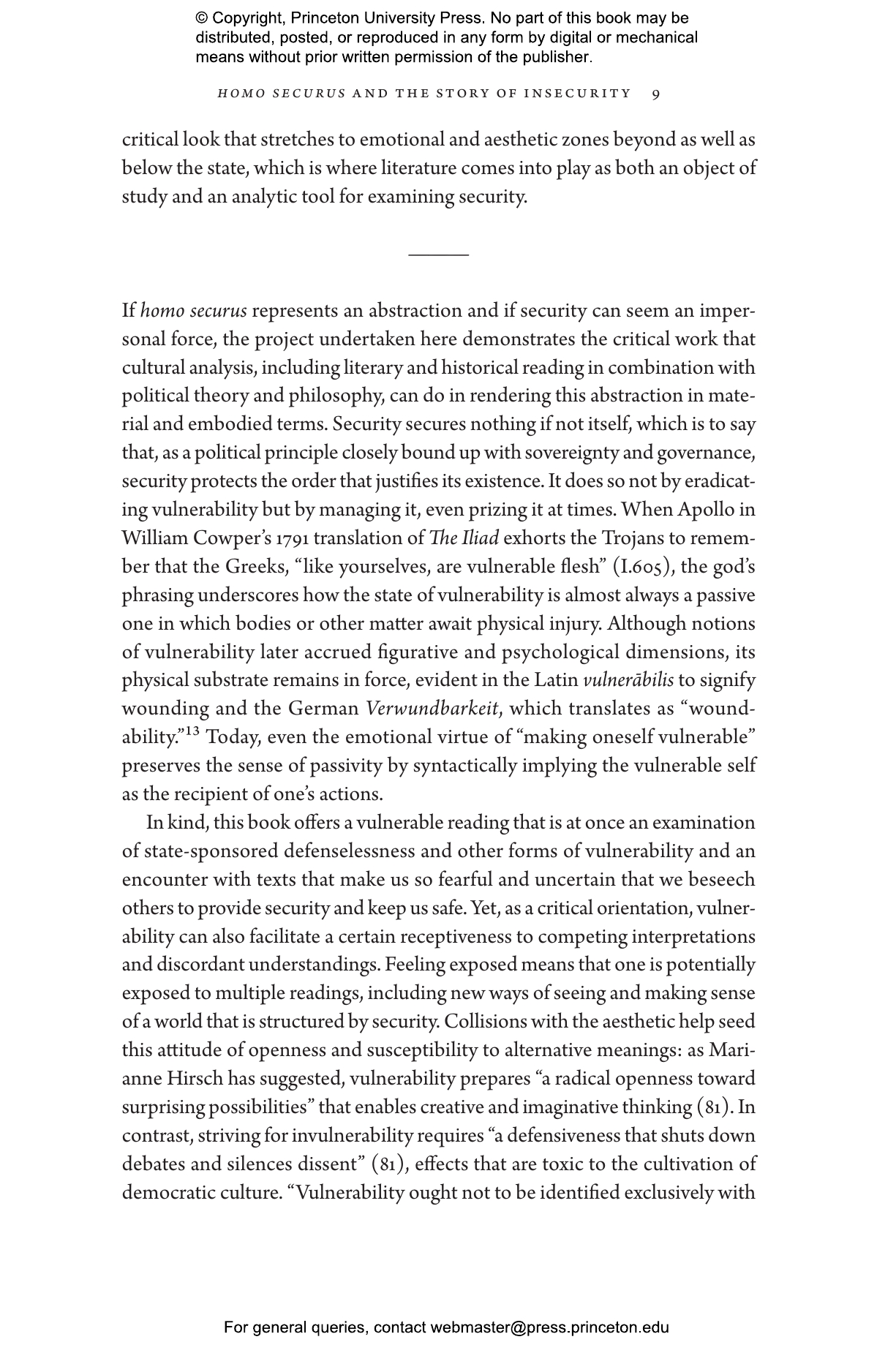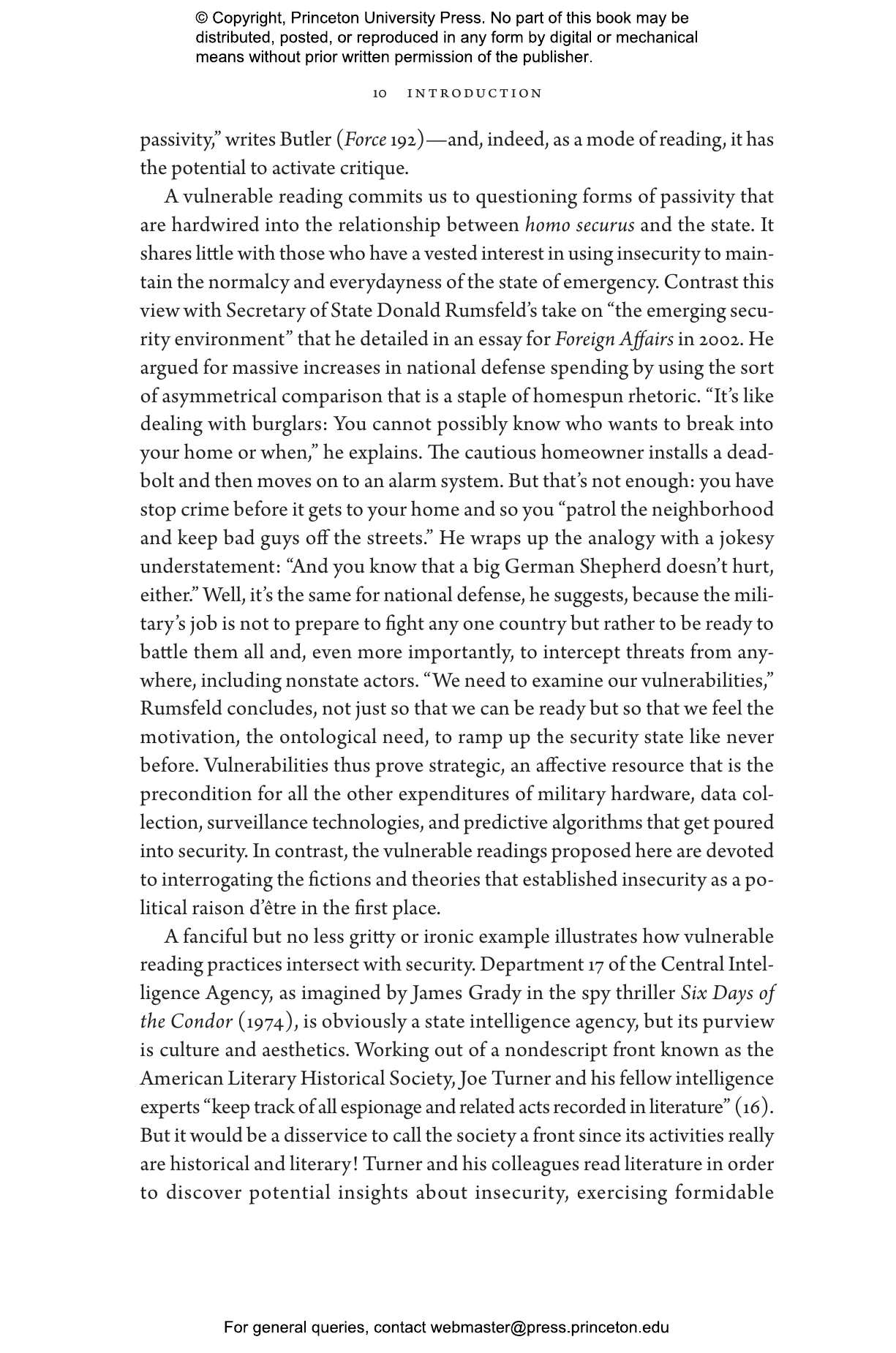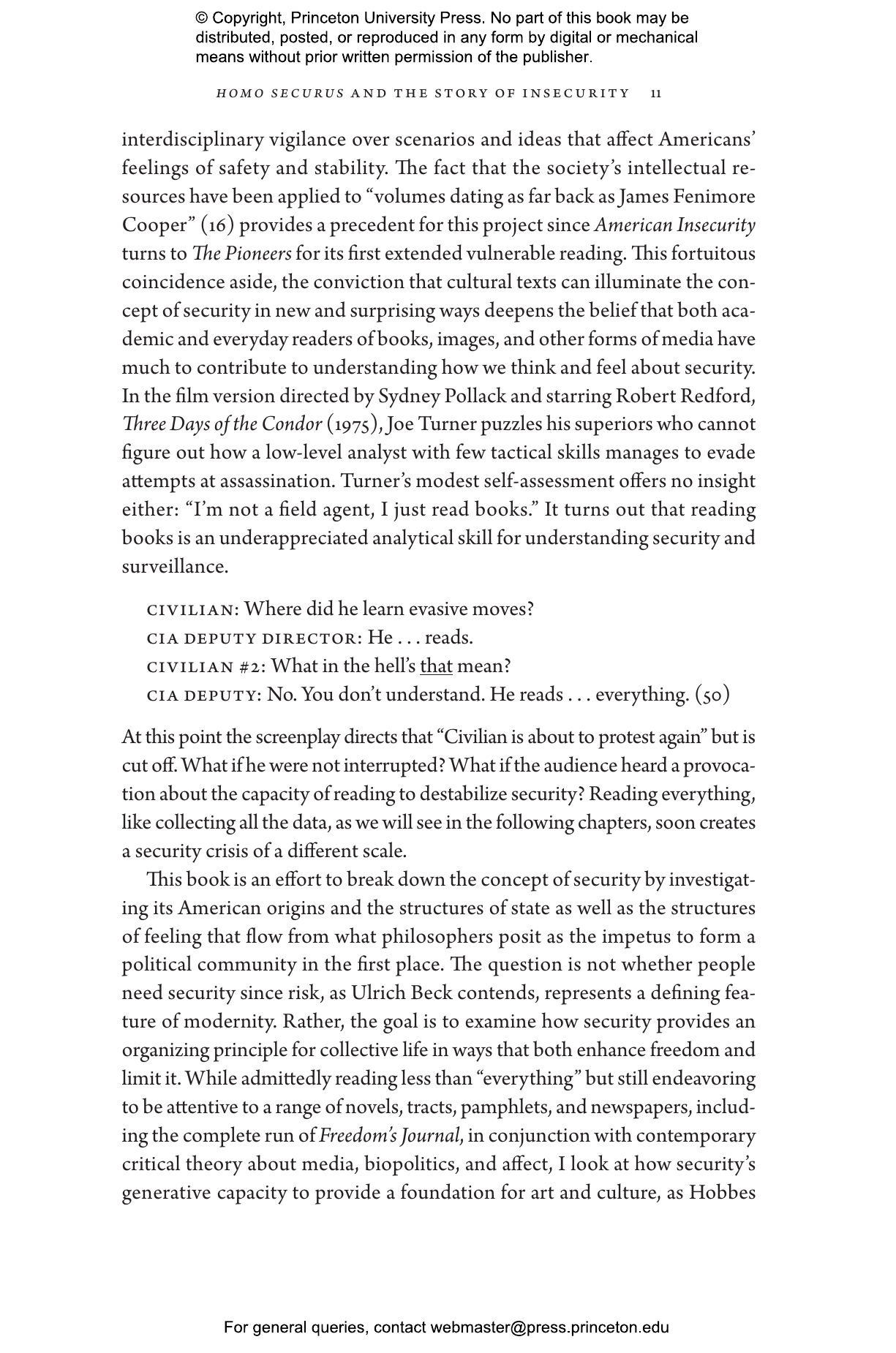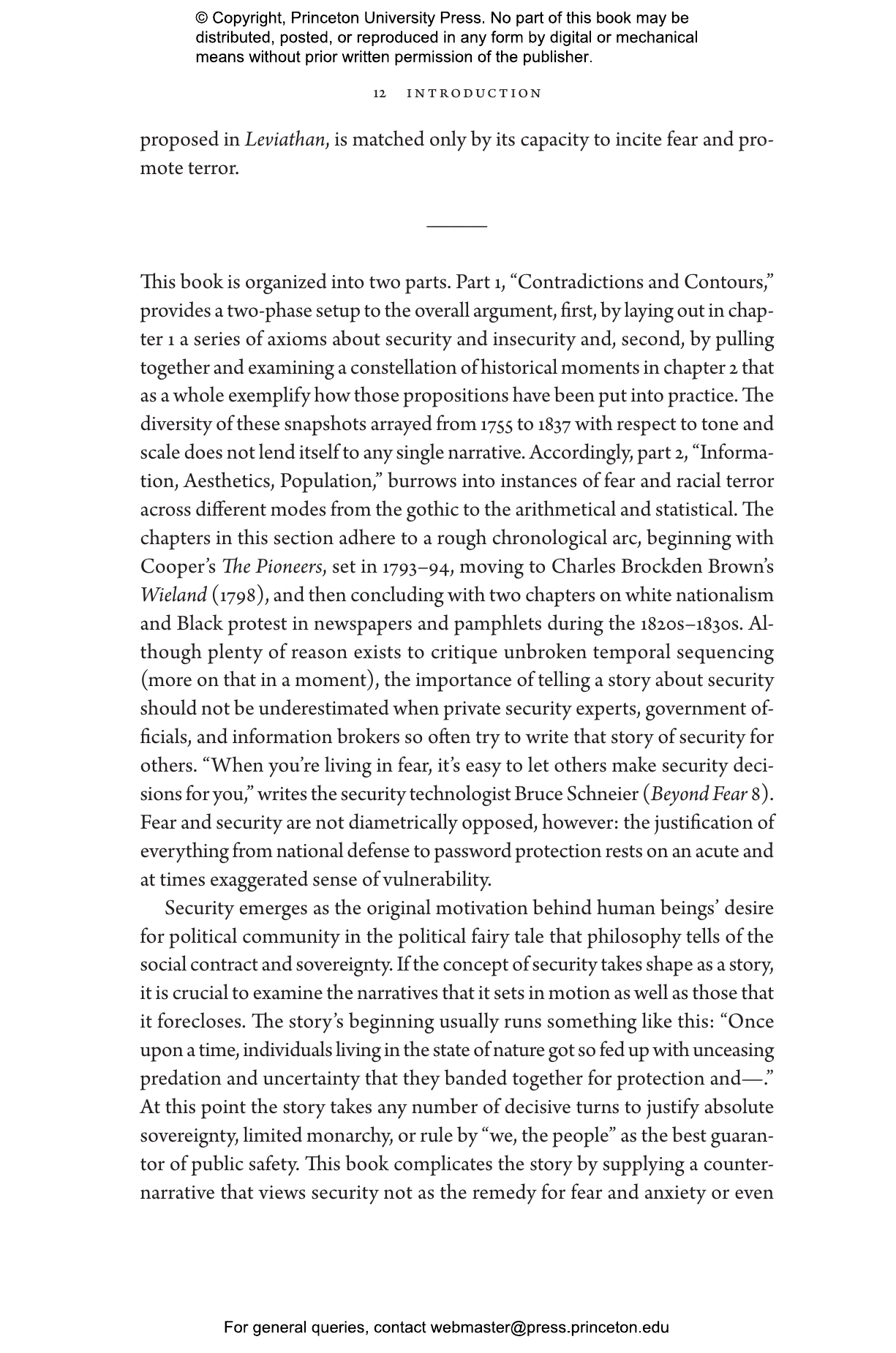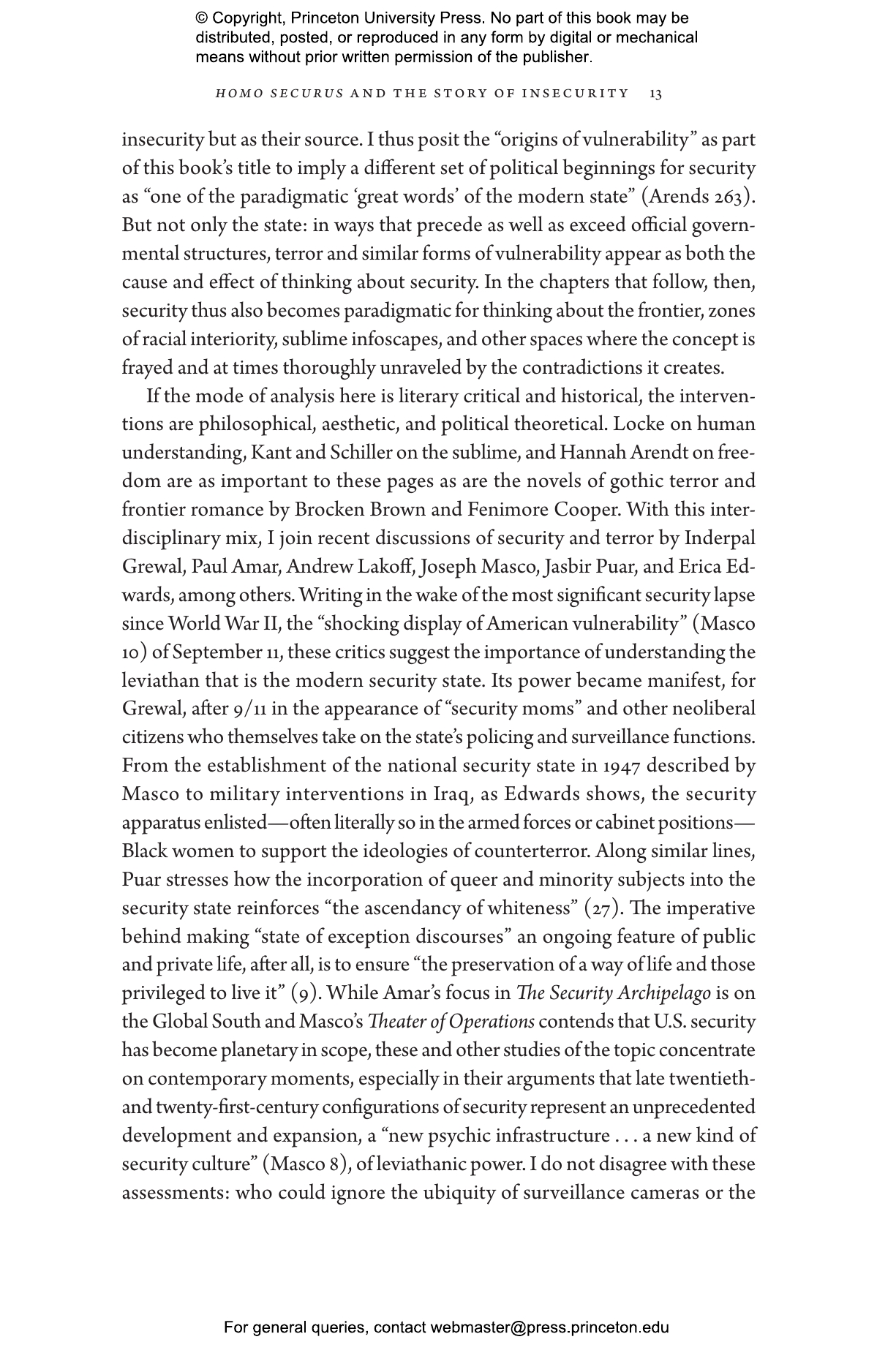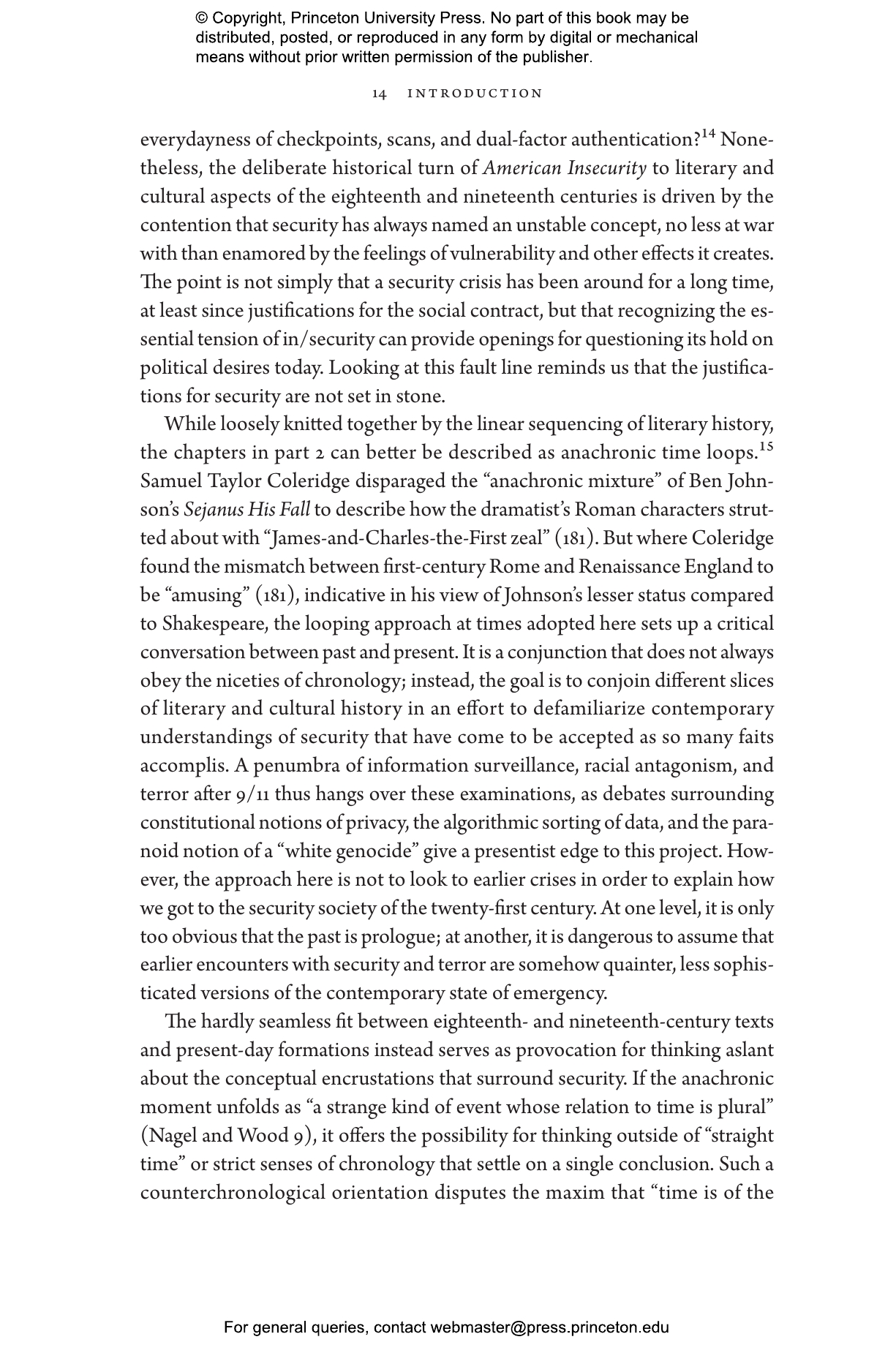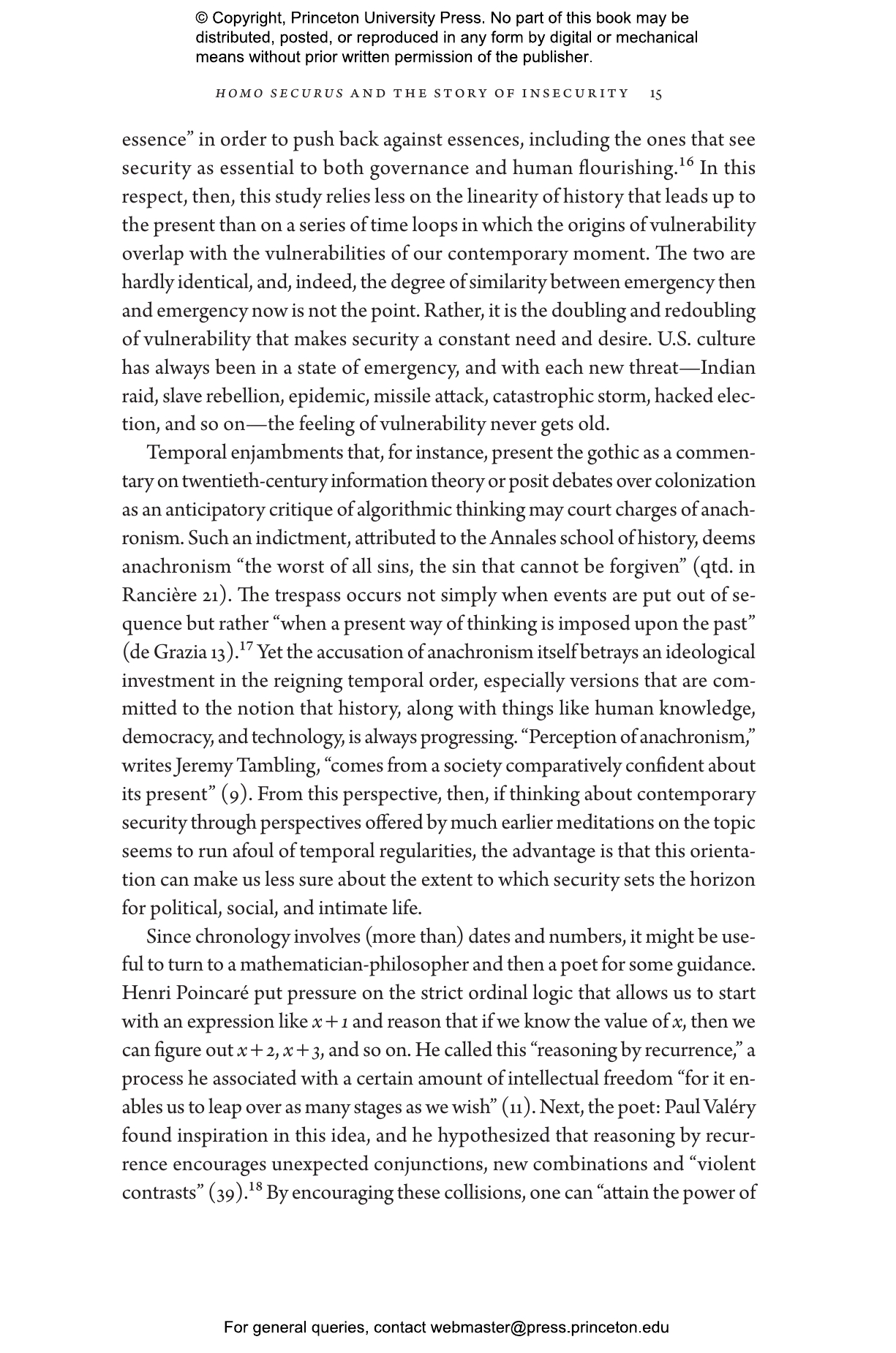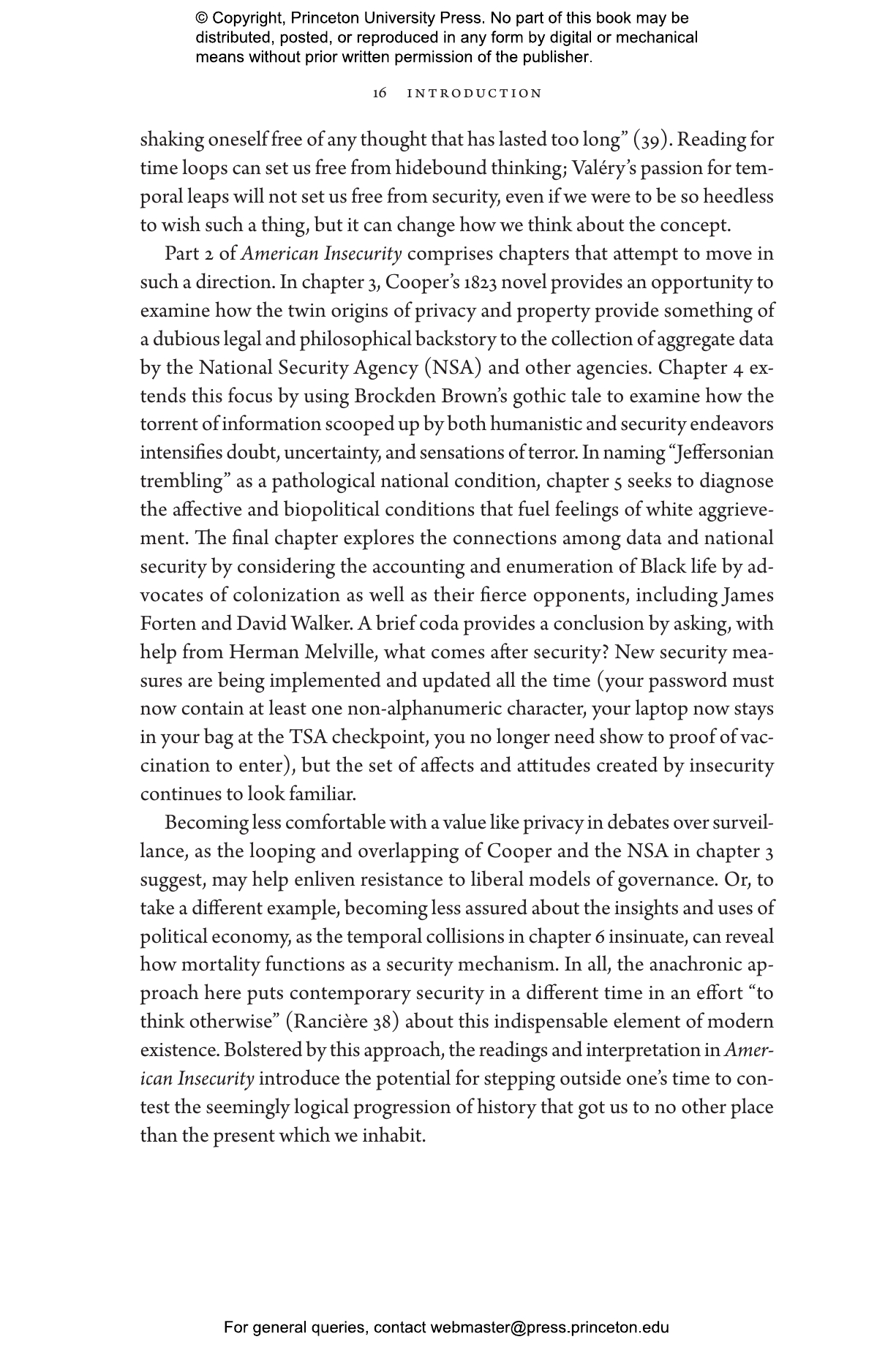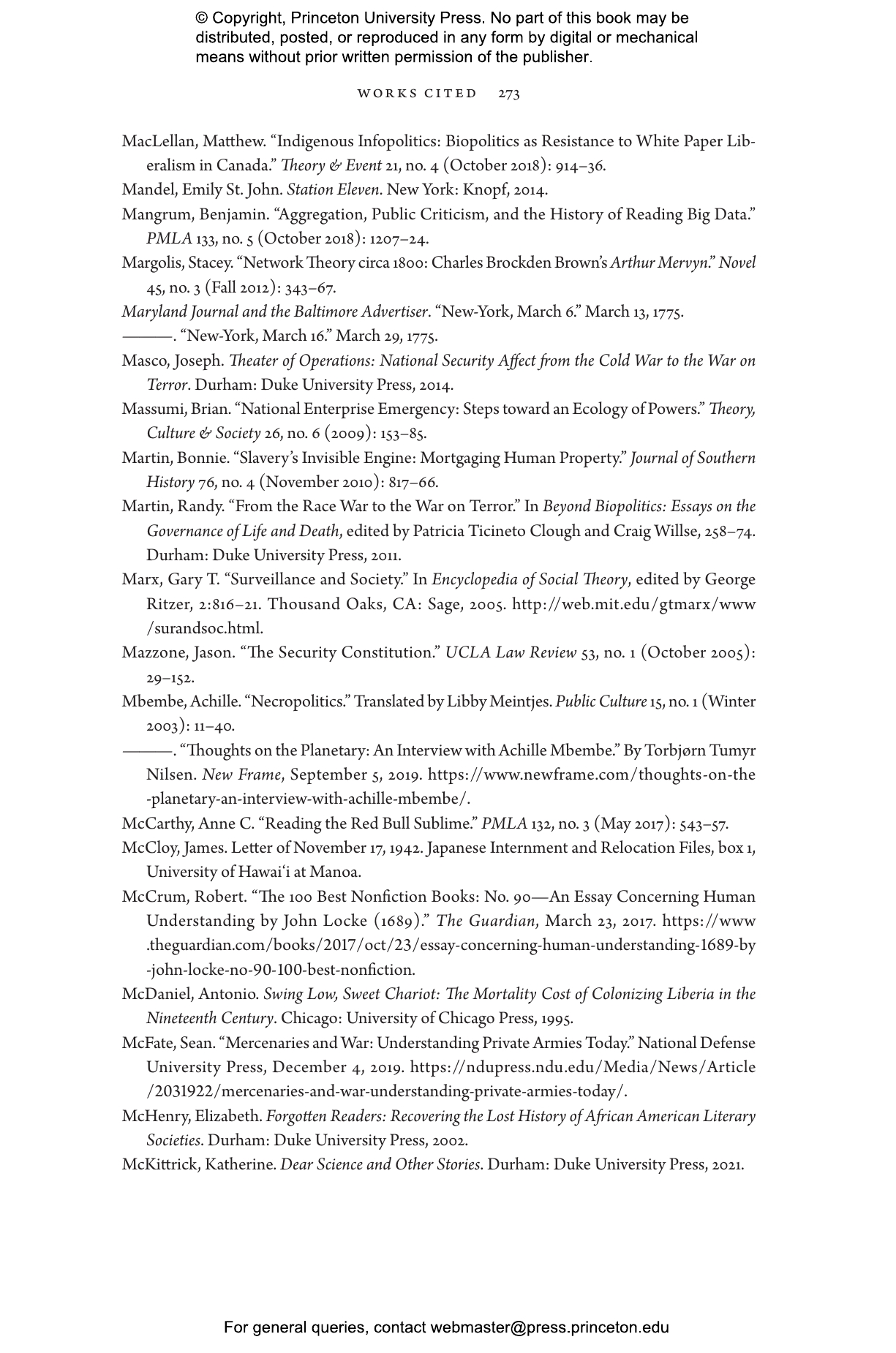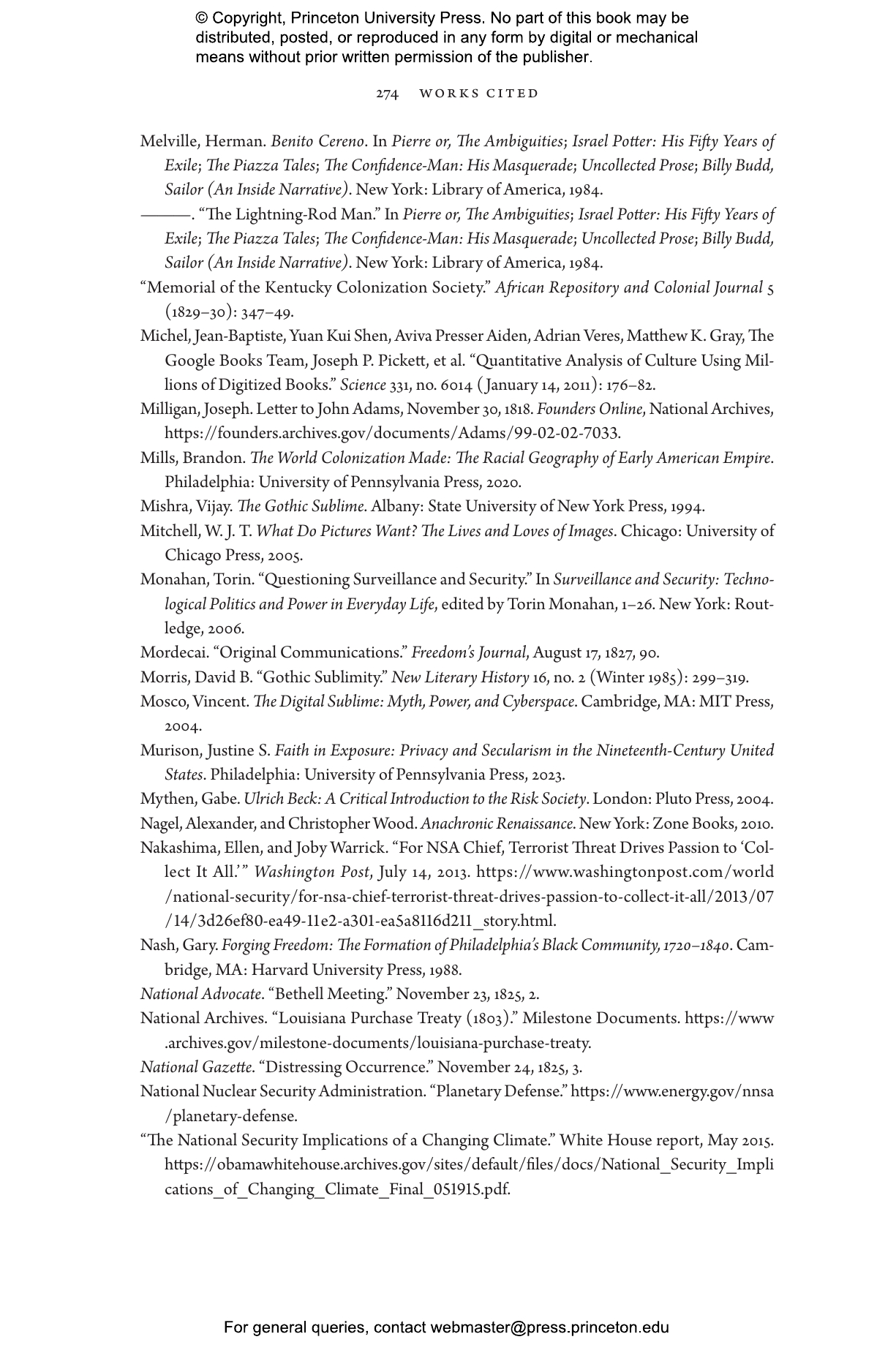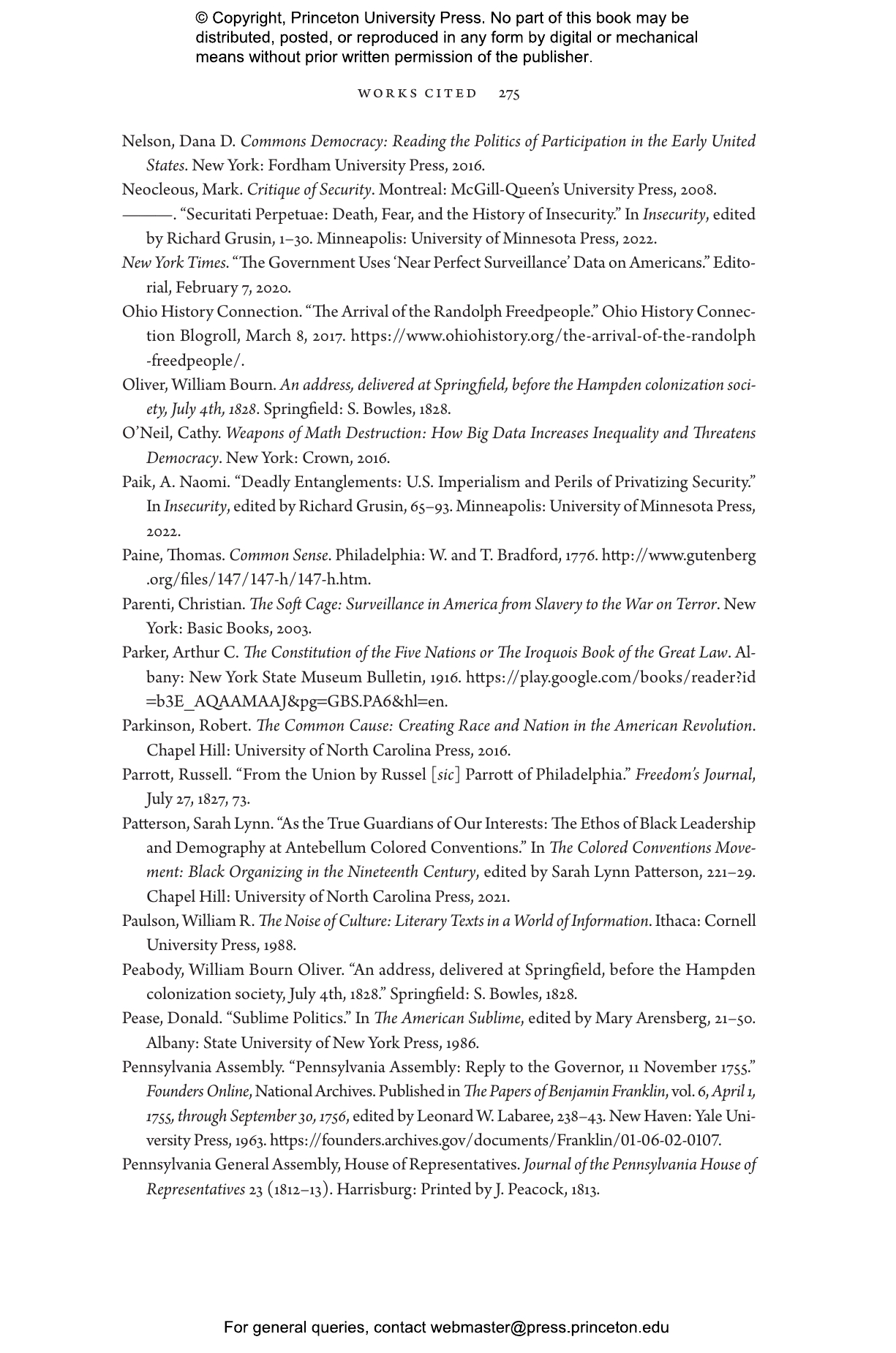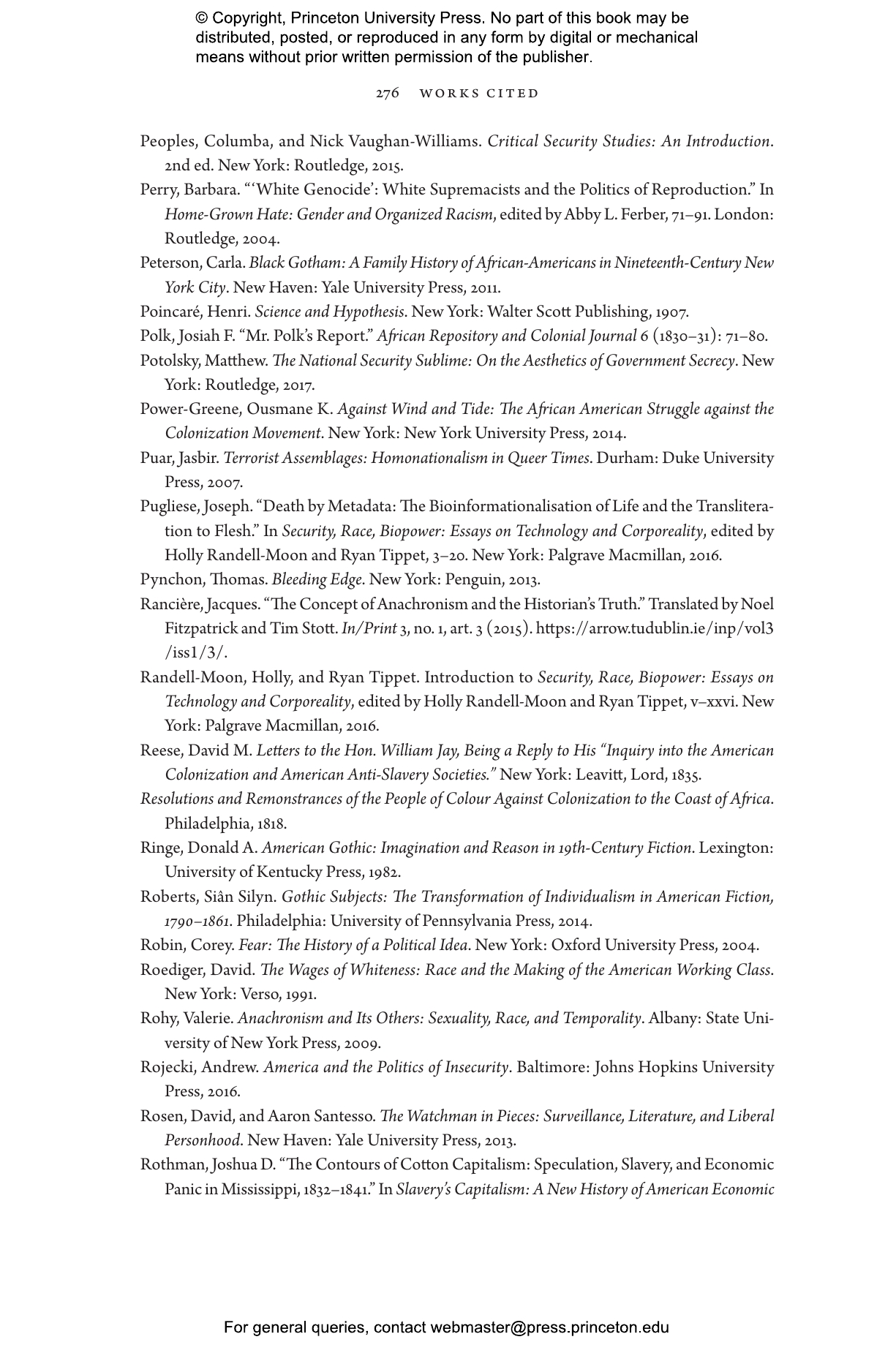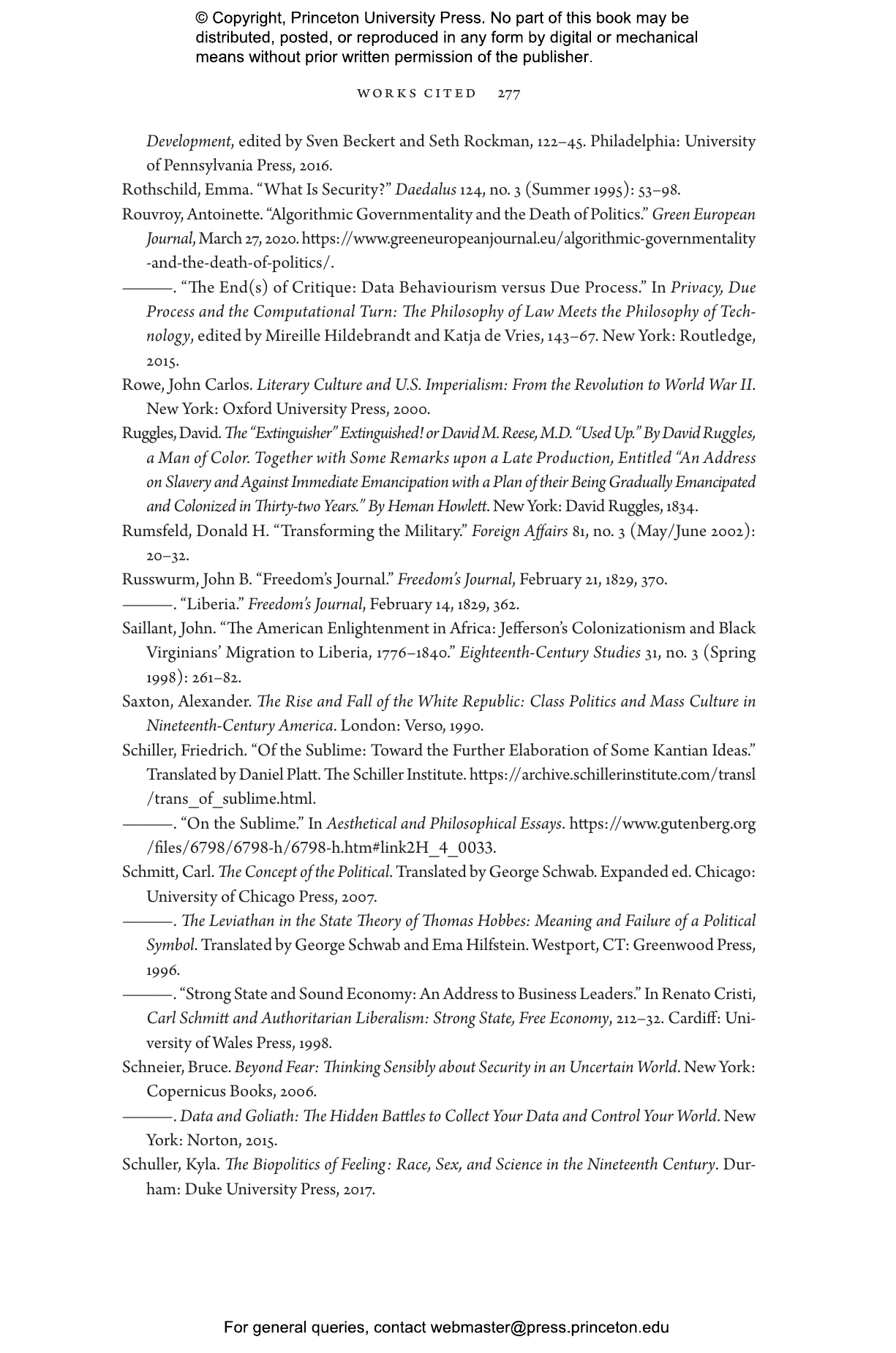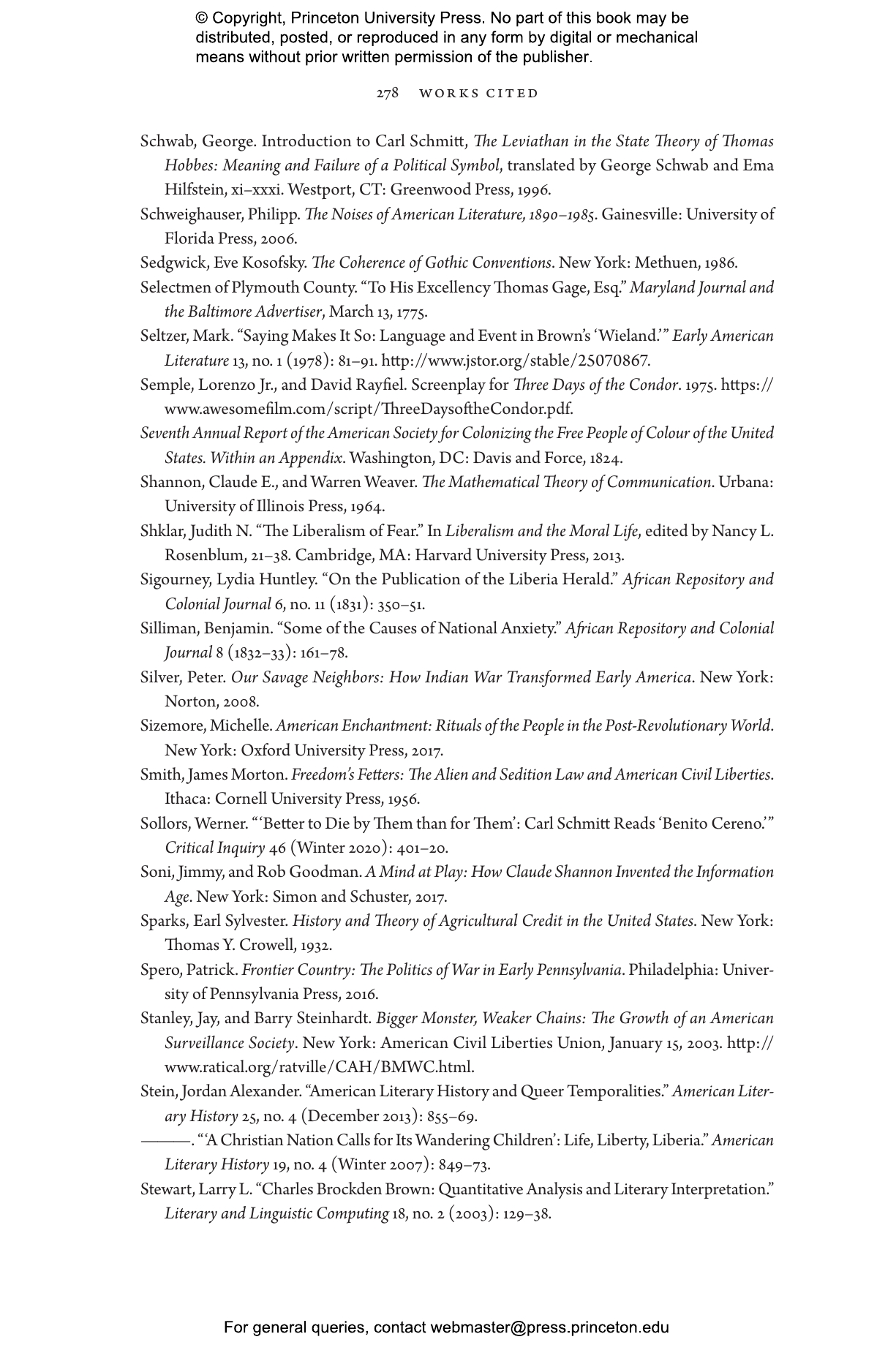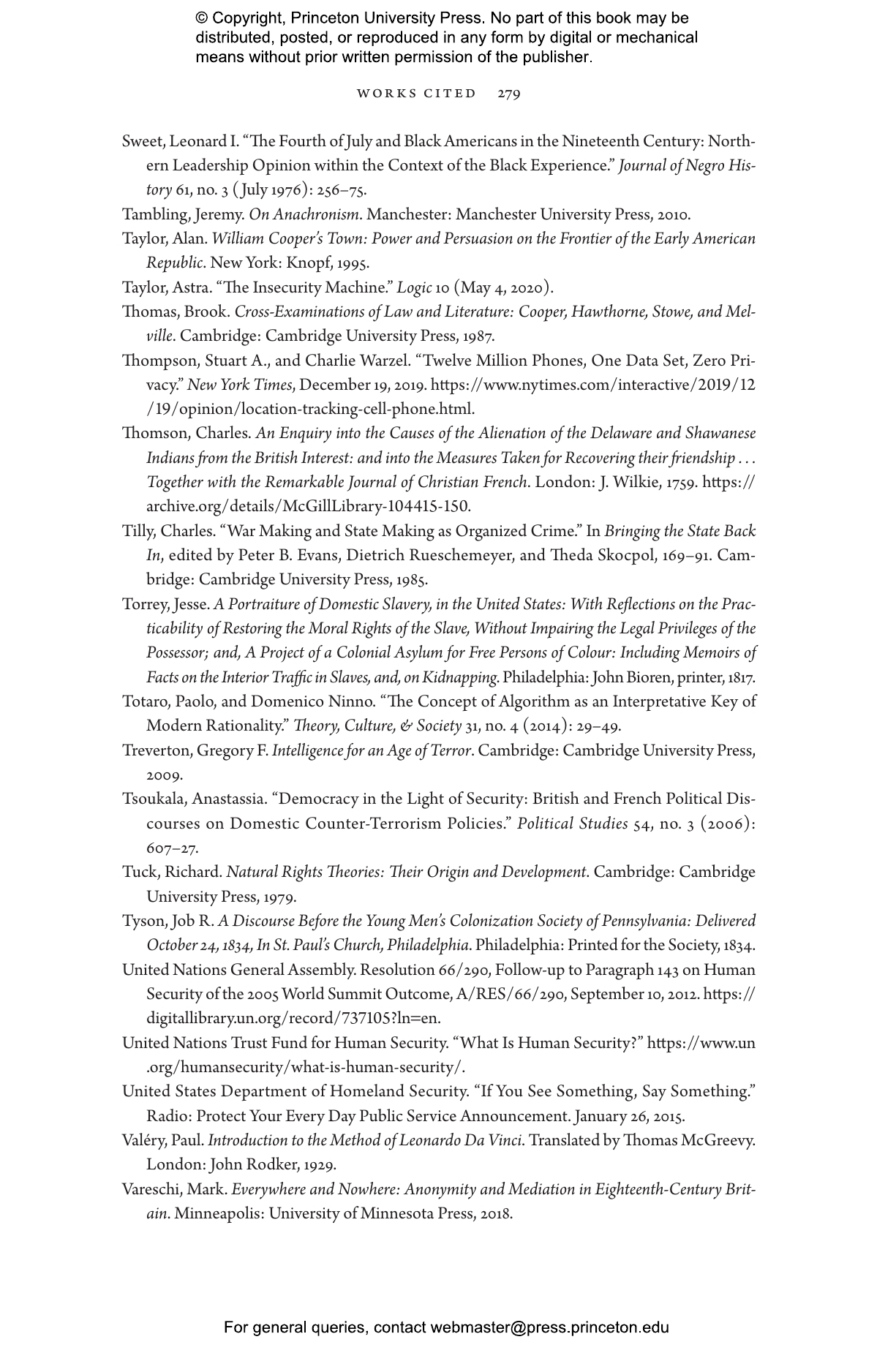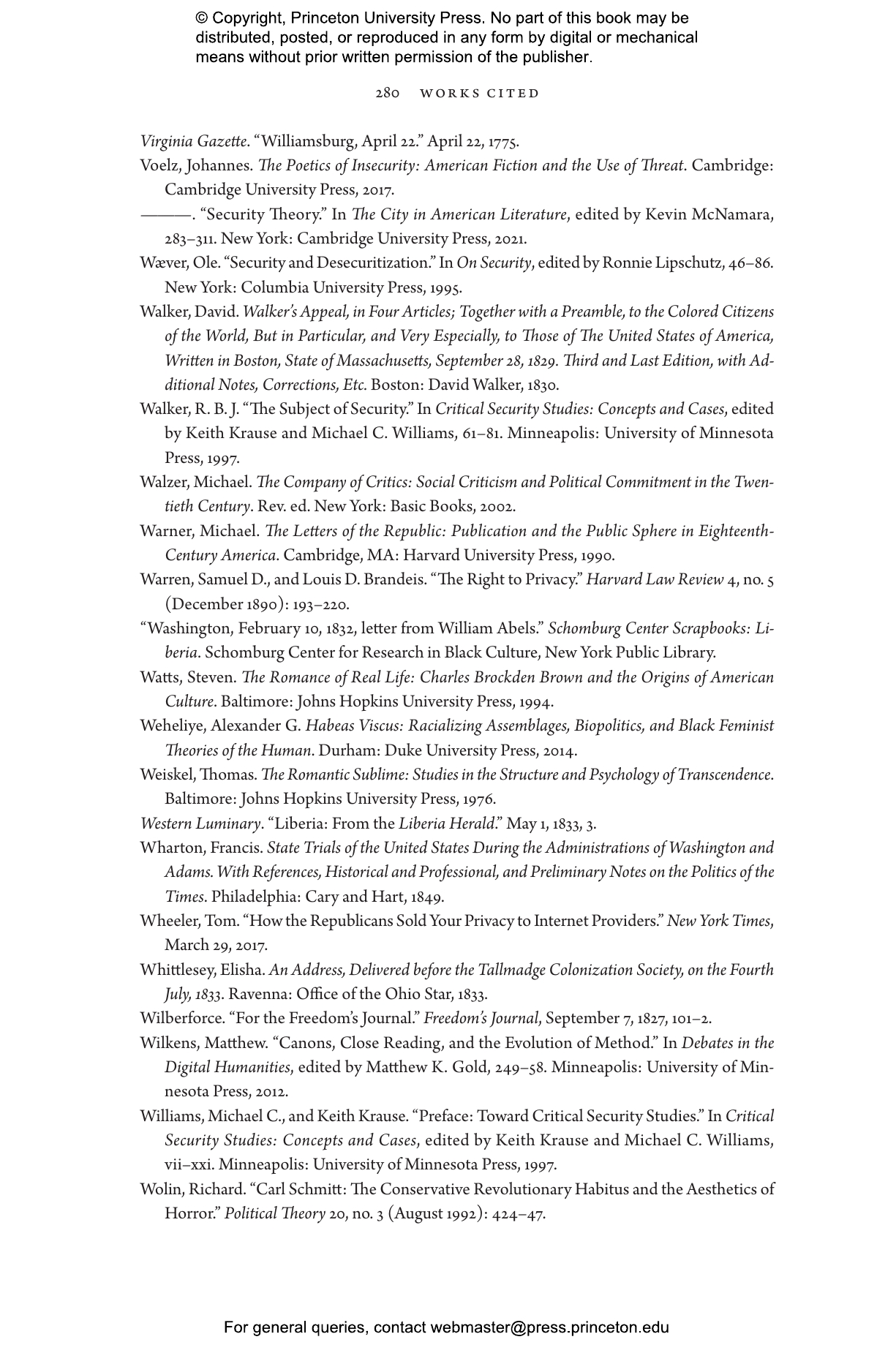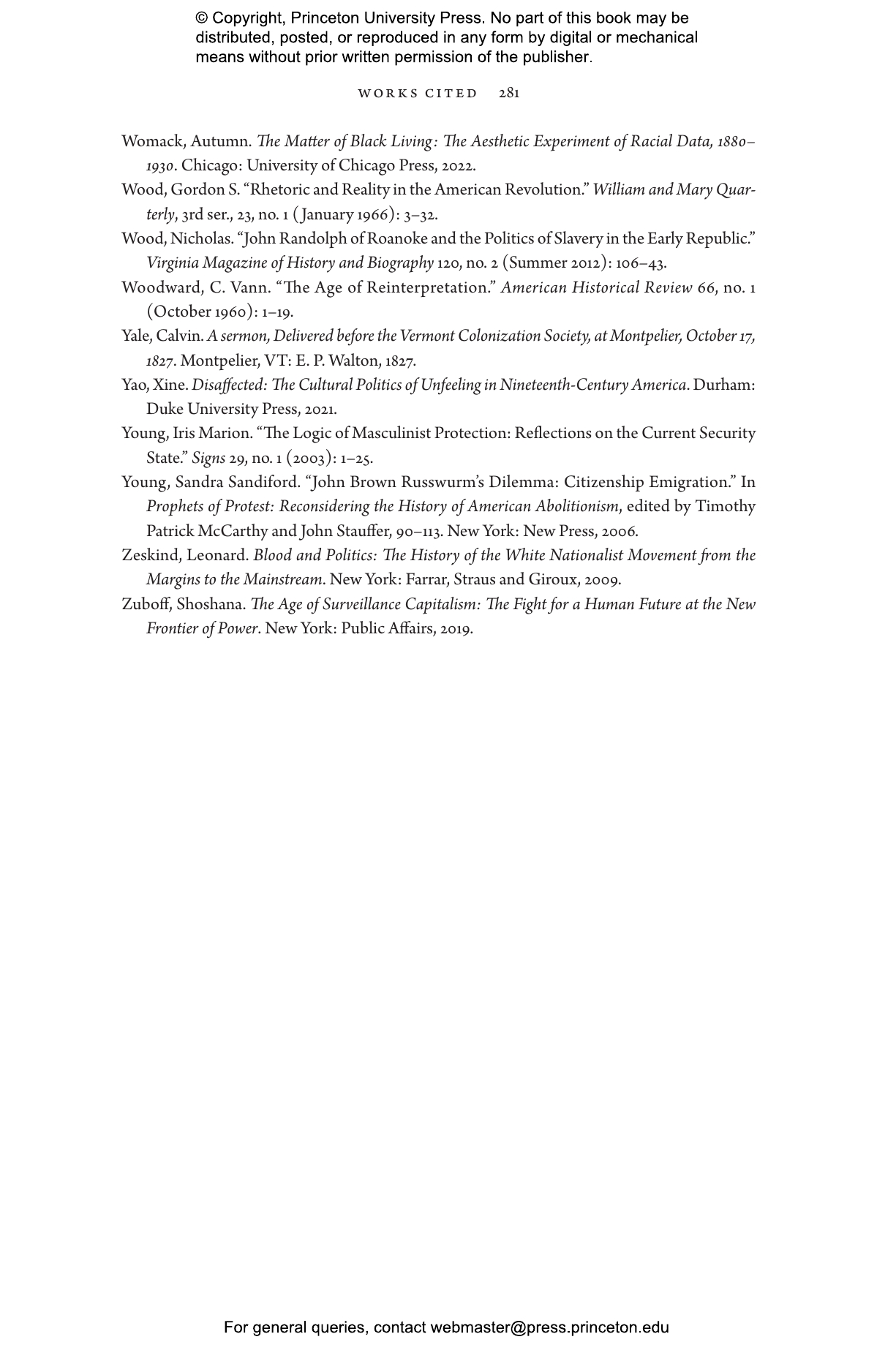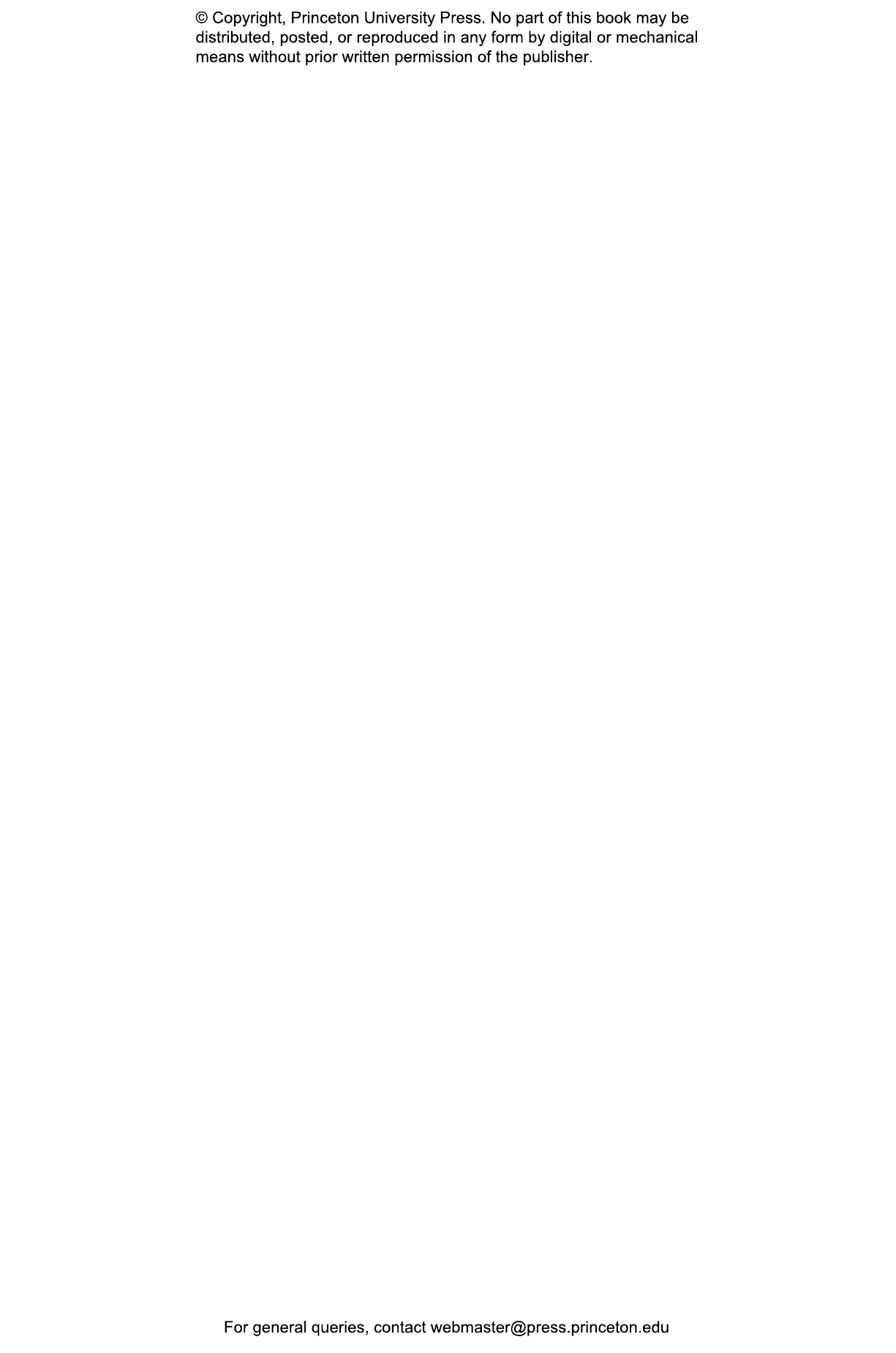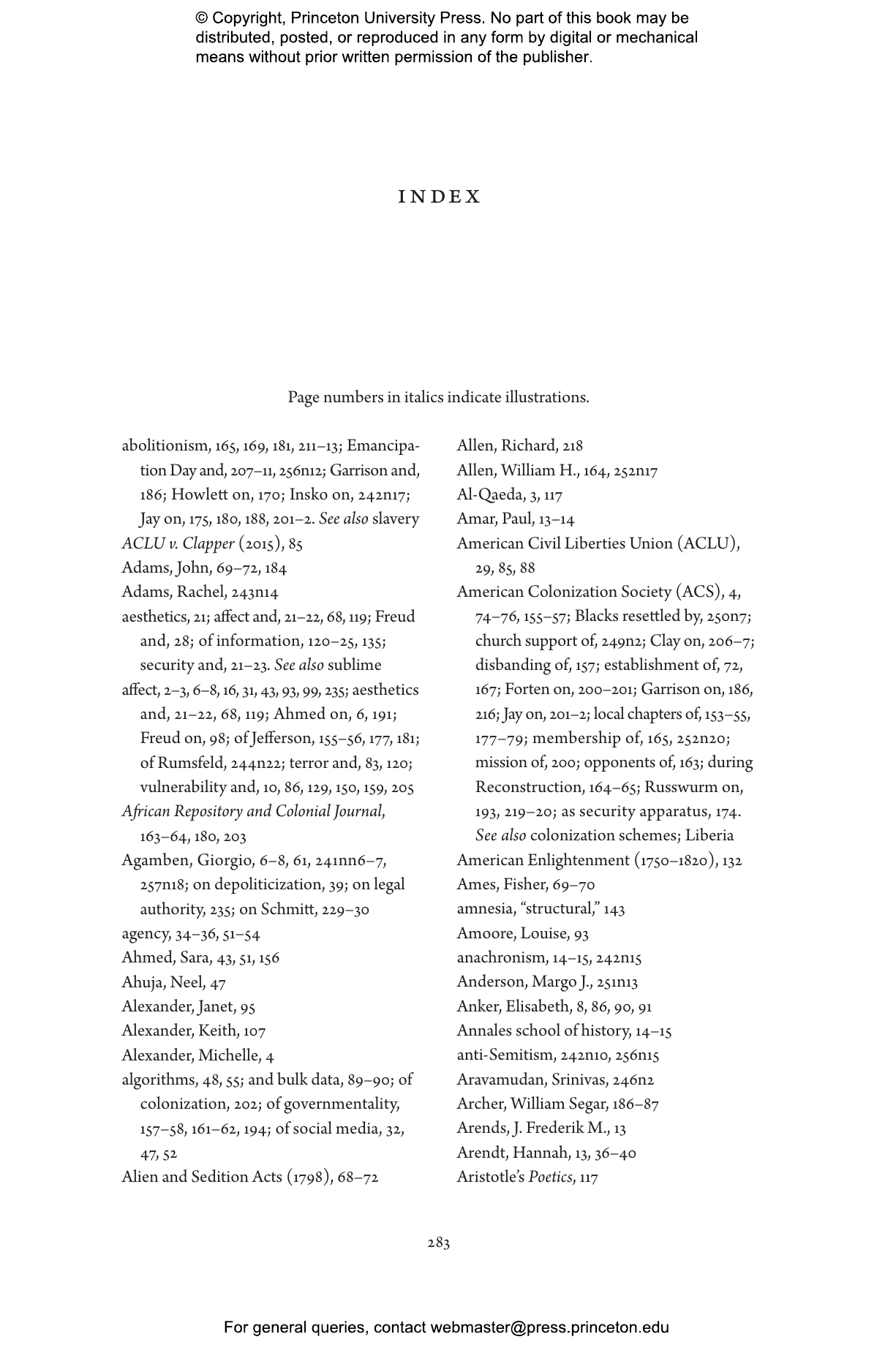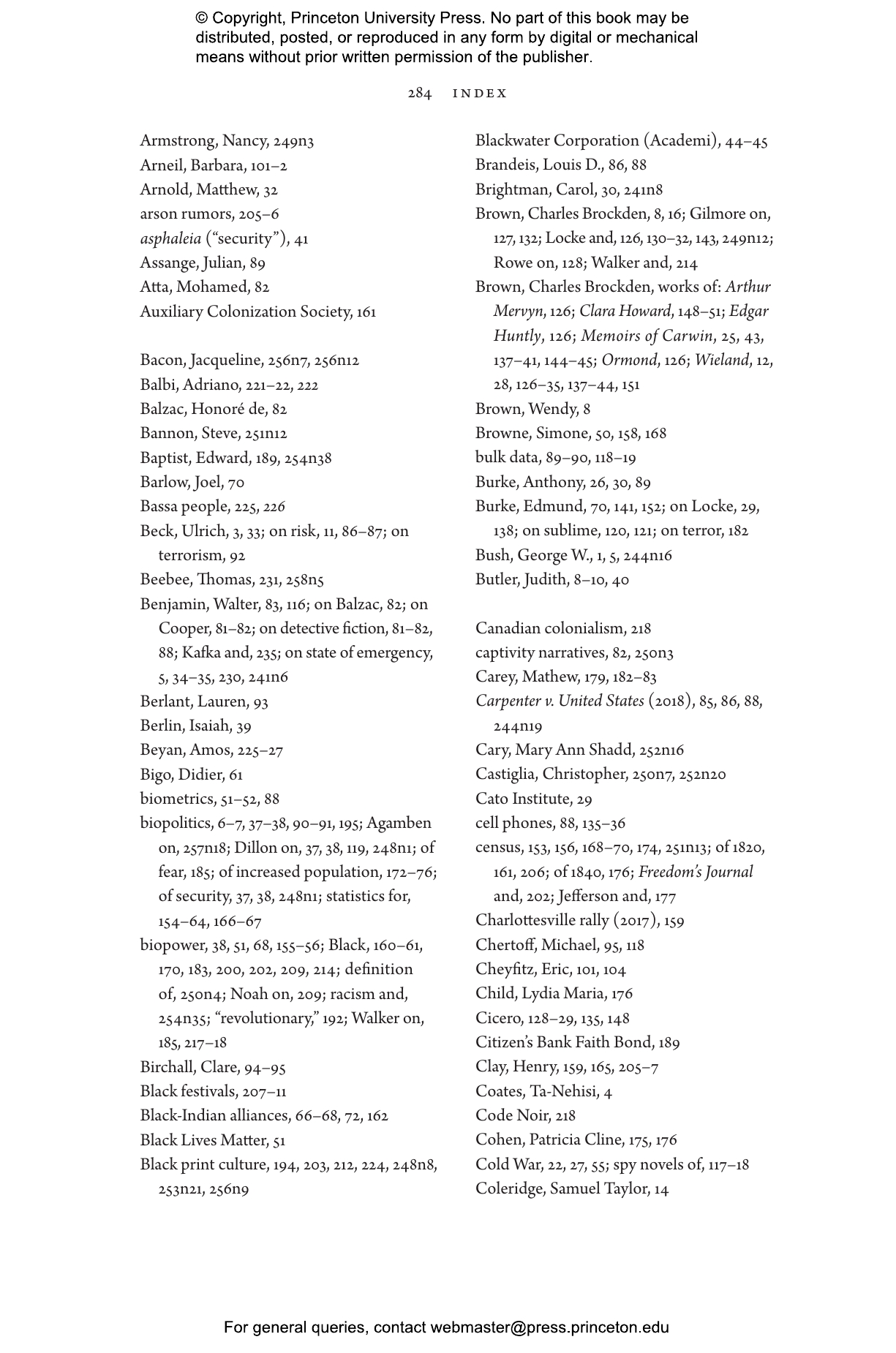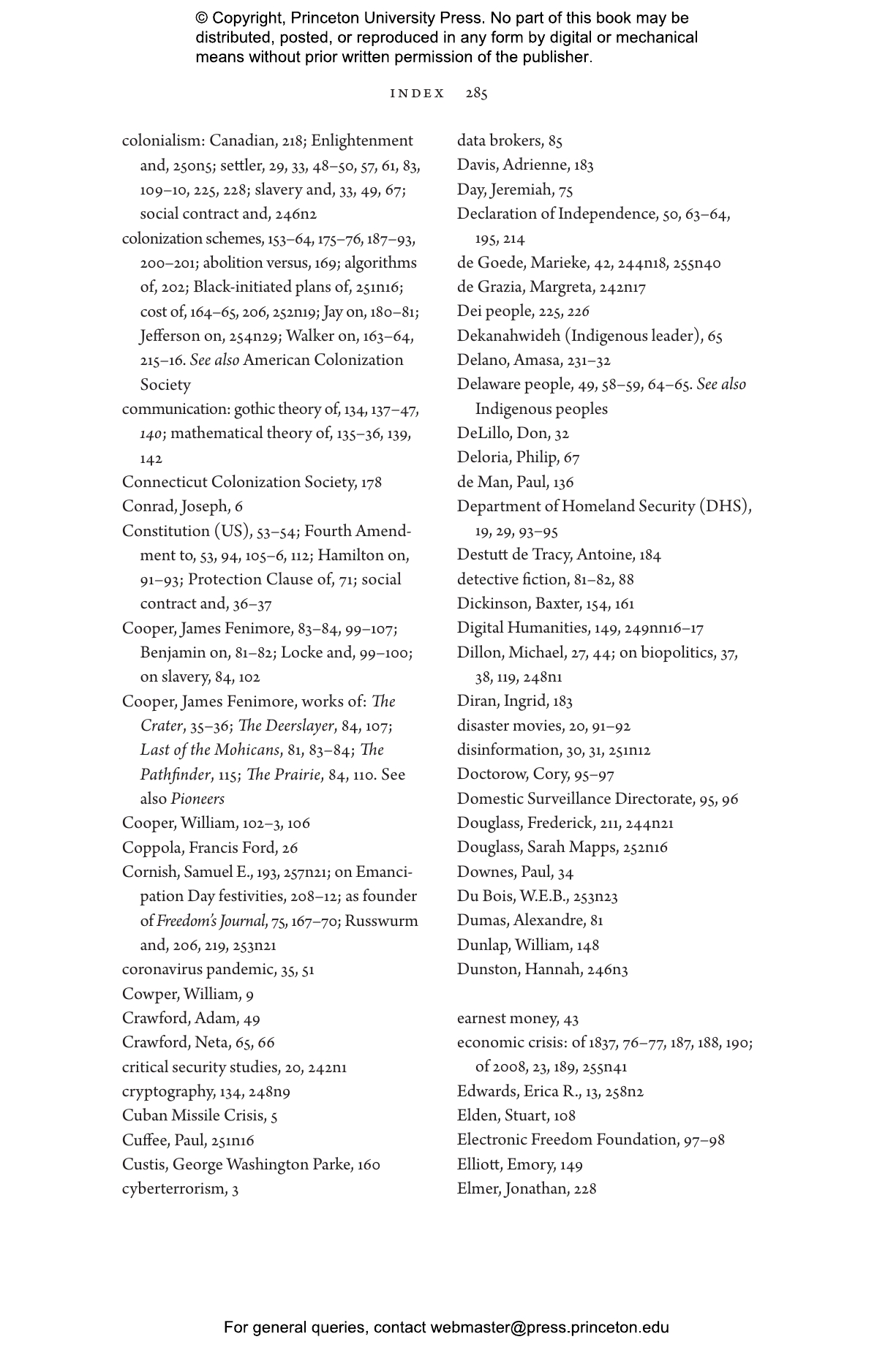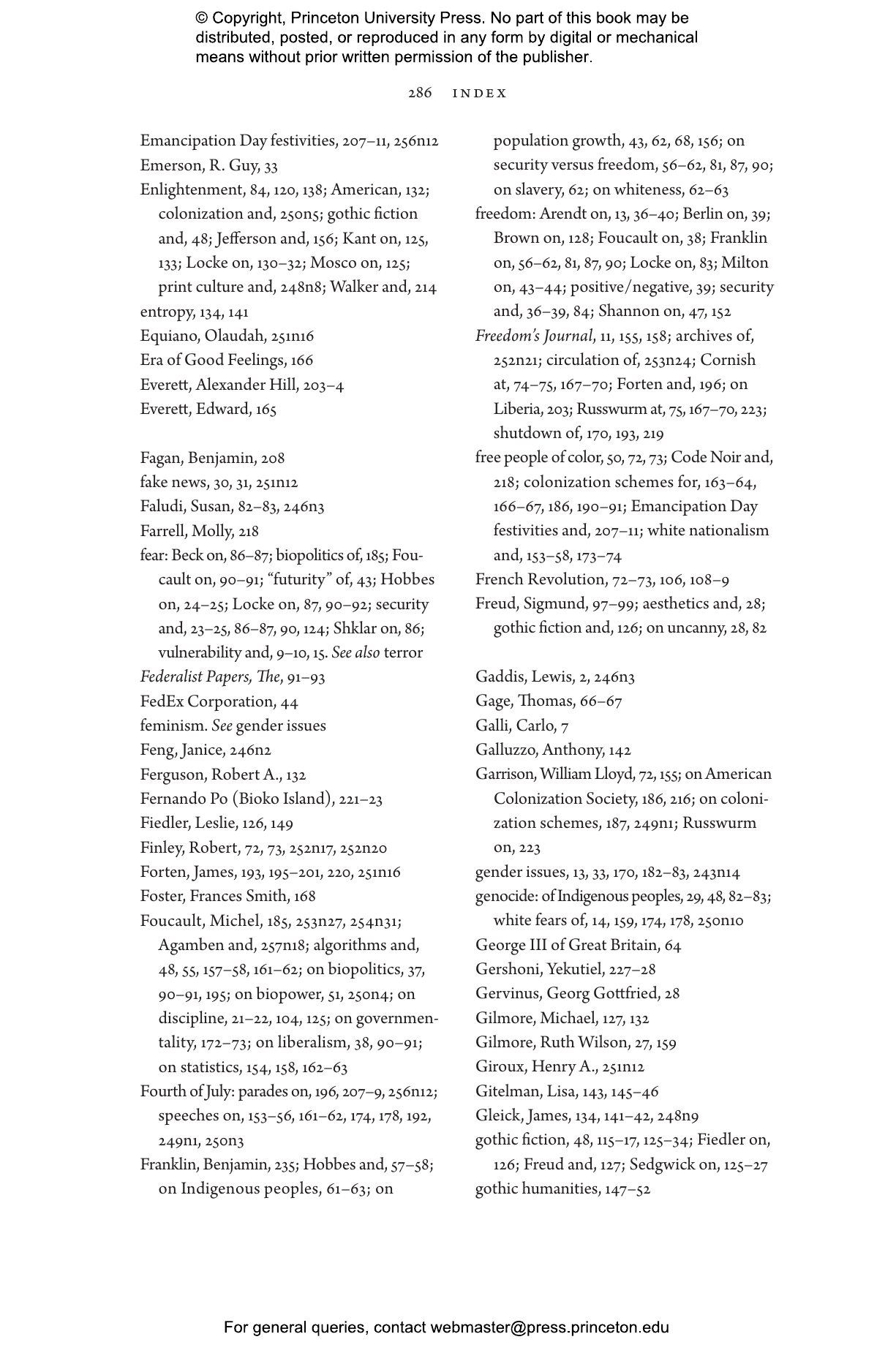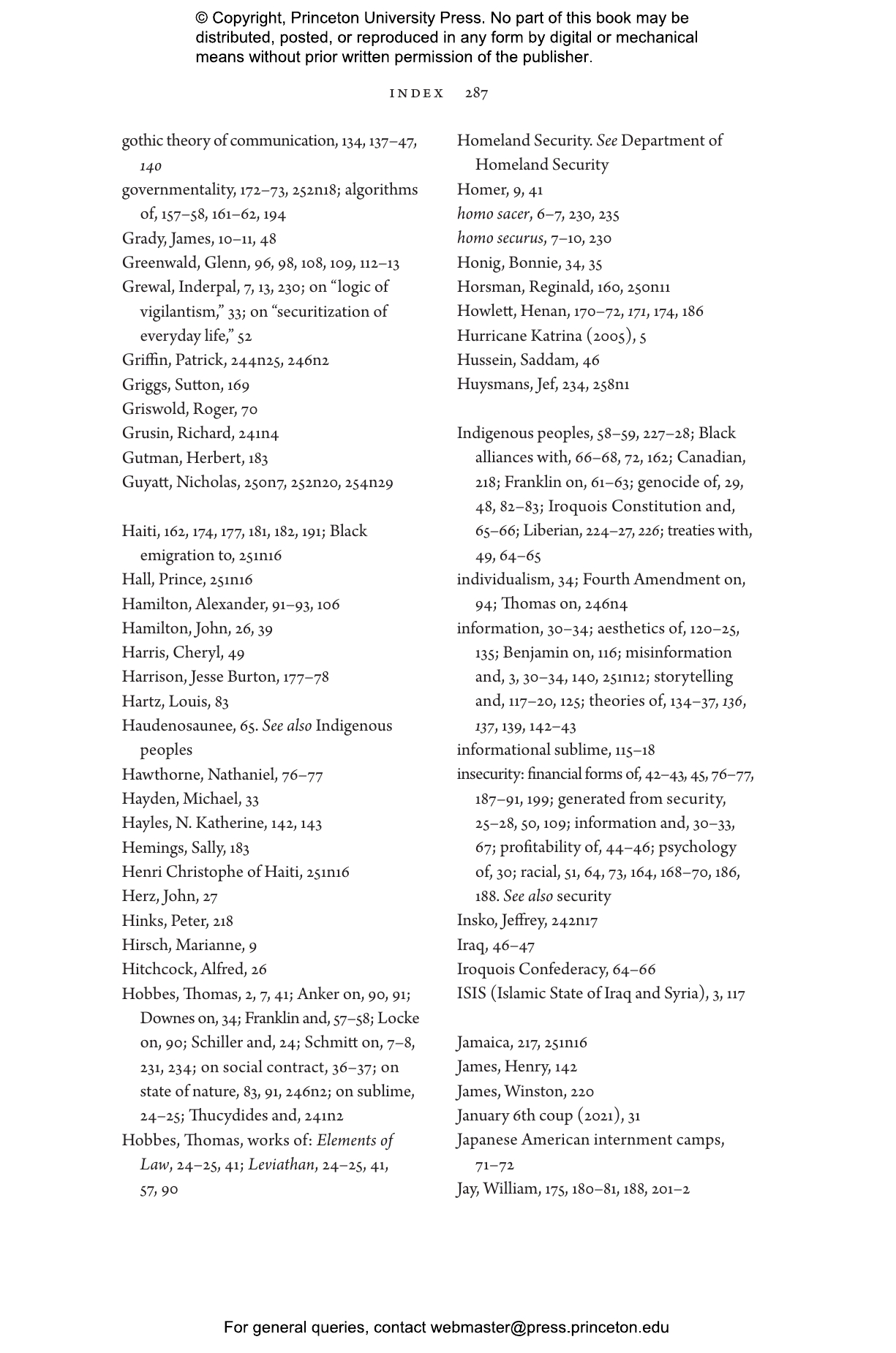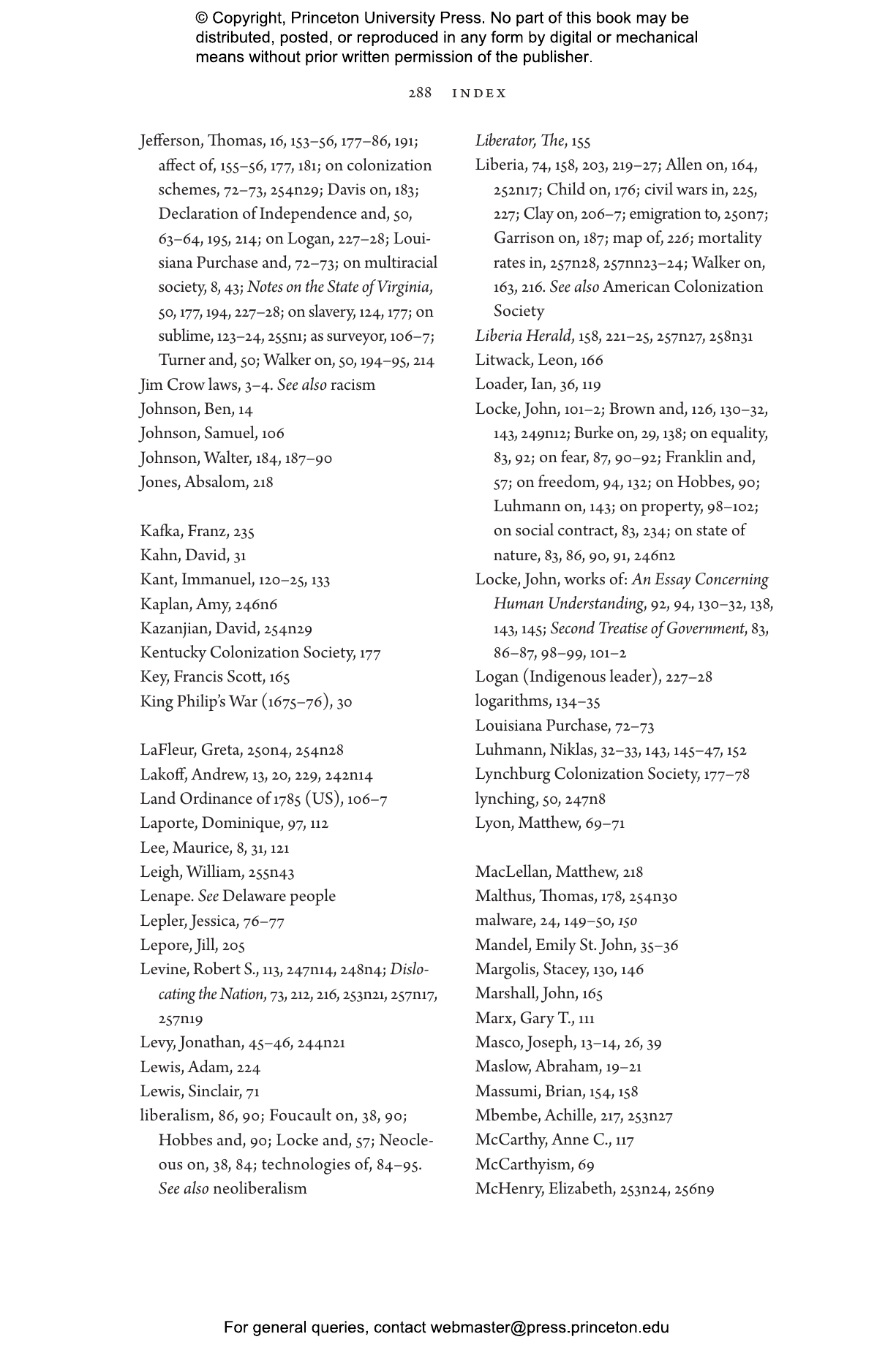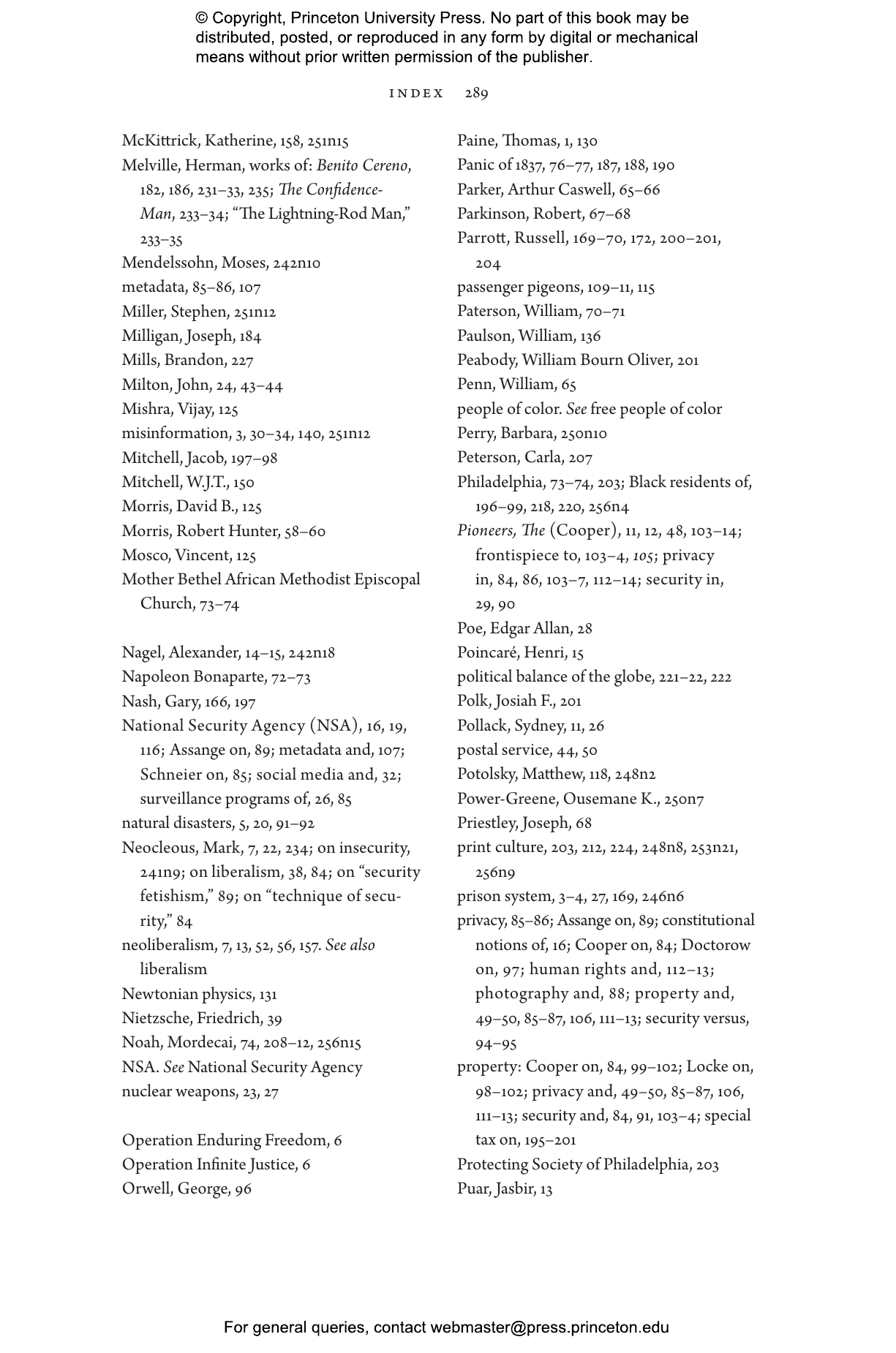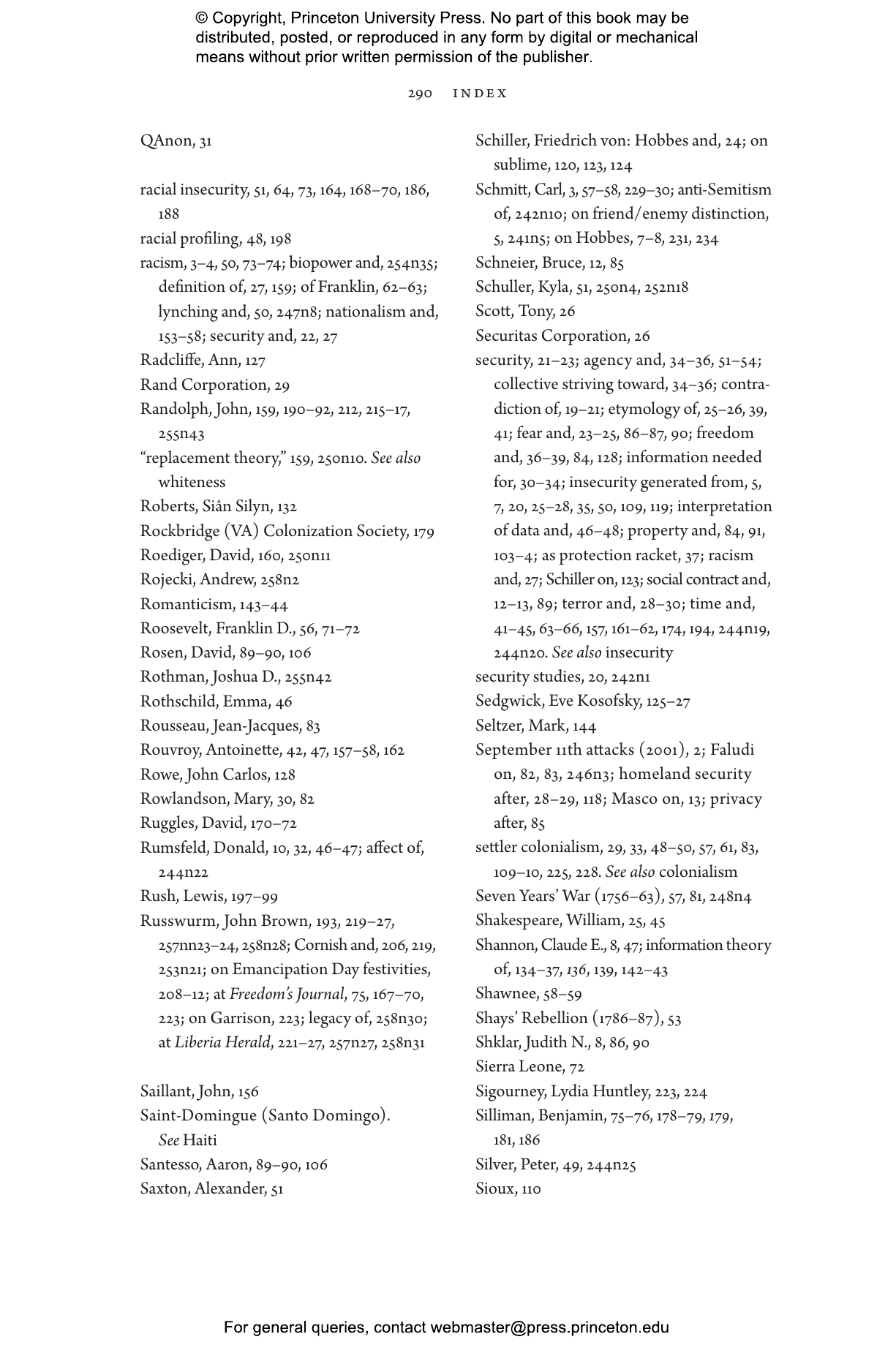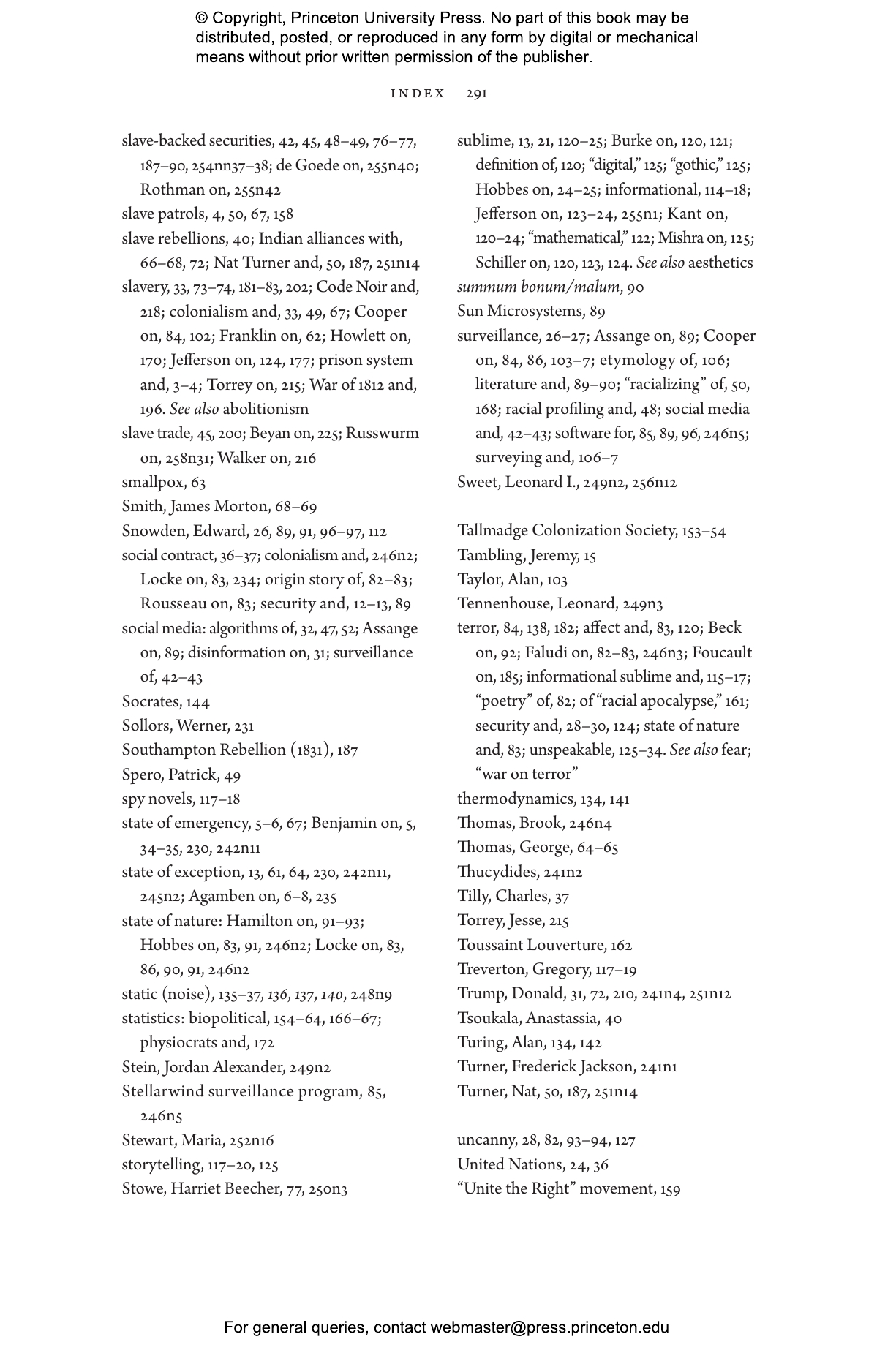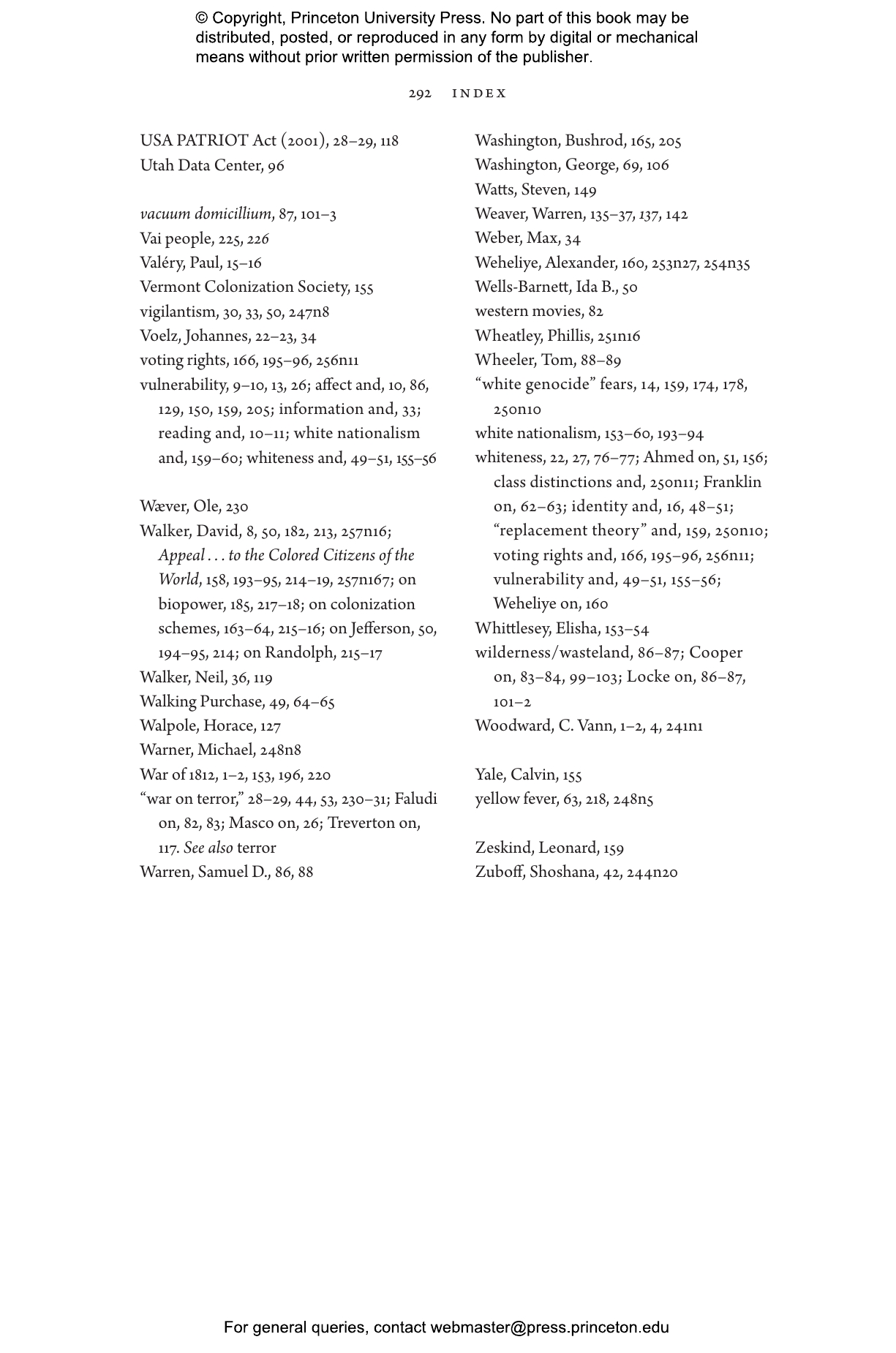For more than three centuries, Americans have pursued strategies of security that routinely make them feel vulnerable, unsafe, and insecure. American Insecurity and the Origins of Vulnerability probes this paradox by examining American attachments to the terror of the sublime, the fear of uncertainty, and the anxieties produced by unending racial threat.
Challenging conventional approaches that leave questions of security to policy experts, Russ Castronovo turns to literature, philosophy, and political theory to show how security provides an organizing principle for collective life in ways that both enhance freedom and limit it. His incisive critique ranges from frontier violence and white racial anxiety to insurgent Black print culture and other forms of early American terror, uncovering the hidden logic of insecurity that structures modern approaches to national defense, counterterrorism, cybersecurity, surveillance, and privacy. Drawing on examples from fiction, journalism, tracts, and pamphlets, Castronovo uncovers the deep affective attachments that Americans have had since the founding to the sources of fear and insecurity that make them feel unsafe.
Timely and urgent, American Insecurity and the Origins of Vulnerability sheds critical light on how and why the fundamental political desire for security promotes unease alongside assurance and fixates on risk and danger while clamoring for safety.
Russ Castronovo is the Tom Paine Professor of English and director of the Center for the Humanities at the University of Wisconsin–Madison. His books include Fathering the Nation, Necro Citizenship, Beautiful Democracy, and Propaganda 1776.
"[Castronovo] has written several books in which he examines political issues through the lens of literature, philosophy, and history. In the present volume he uses similar rigor to probe the complex problems associated with national security . . . [Castronovo's] application of disparate literary sources, among whom he numbers Kant, Burke, Locke, and Schiller, as well as Gothic novelists and other writers of fiction (Melville, Fenimore Cooper, etc.), is only one of the innovations in the book's approach."—Choice
“Brilliant. While the security apparatus may seem like a new development, Castronovo traces its origin back to early modern theorists such as Hobbes and Locke, and demonstrates its centrality to the settler colonial state. He argues that crisis is a regular feature of governance, and that questions of in/security stretch beyond the state into the realms of aesthetics, culture, and affect. A wide-ranging tour de force, the book demonstrates that security is a source of anxiety, not its remedy.”—Colleen Glenney Boggs, author of Patriotism by Proxy
“An urgent, incisive engagement with how security became a constitutive feature of the American political world and pervades so many aspects of life beyond politics. Castronovo shows that the project of American freedom was bound up with a culture of terror and vulnerability from the start. There were measures of authority to protect freedom as soon as freedom was invoked. This is such a compelling account of the impression security has made on the American consciousness and of how literary texts can illuminate the concept of security in new and startling ways.”—Elisa Tamarkin, author of Apropos of Something: A History of Irrelevance and Relevance
